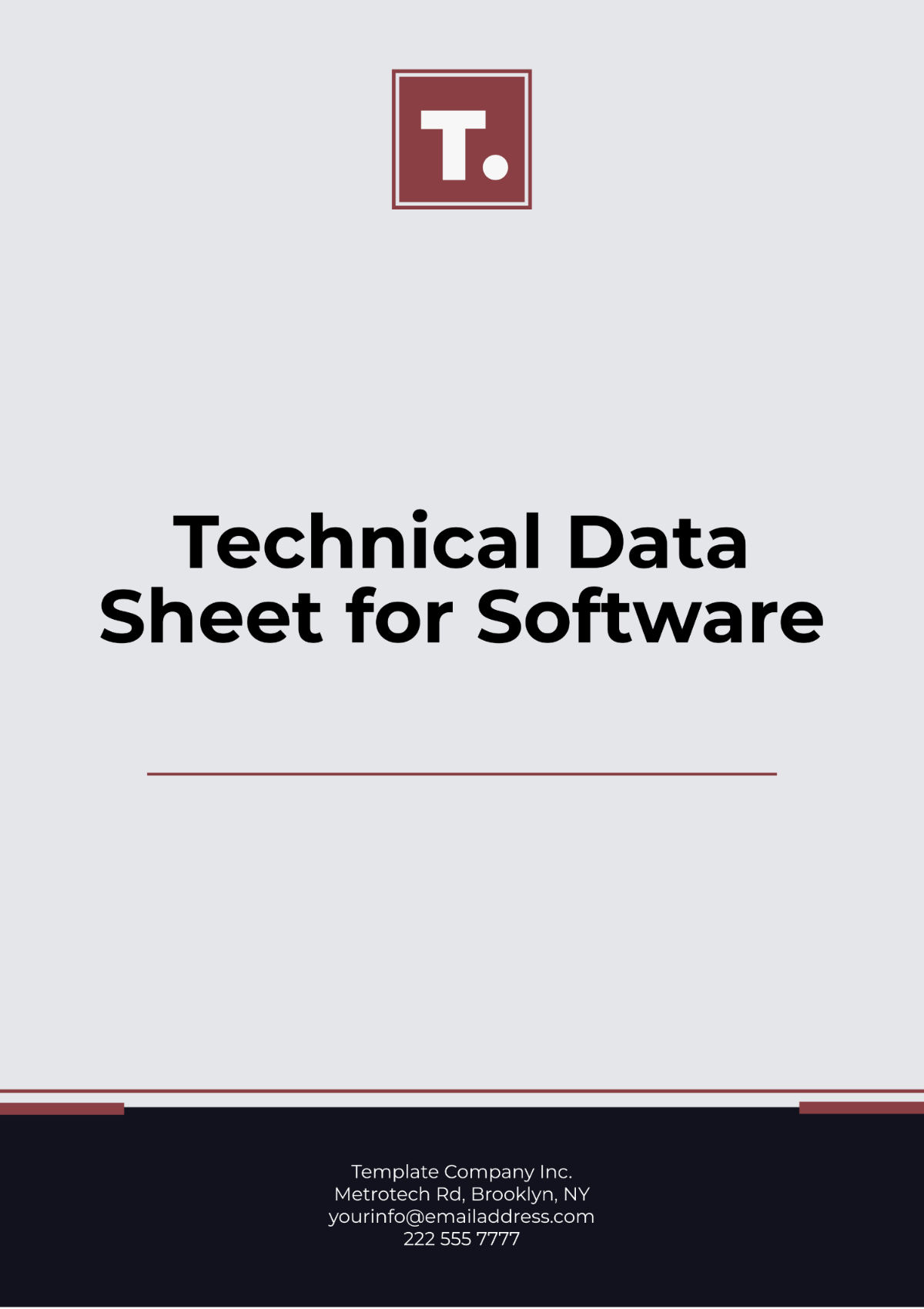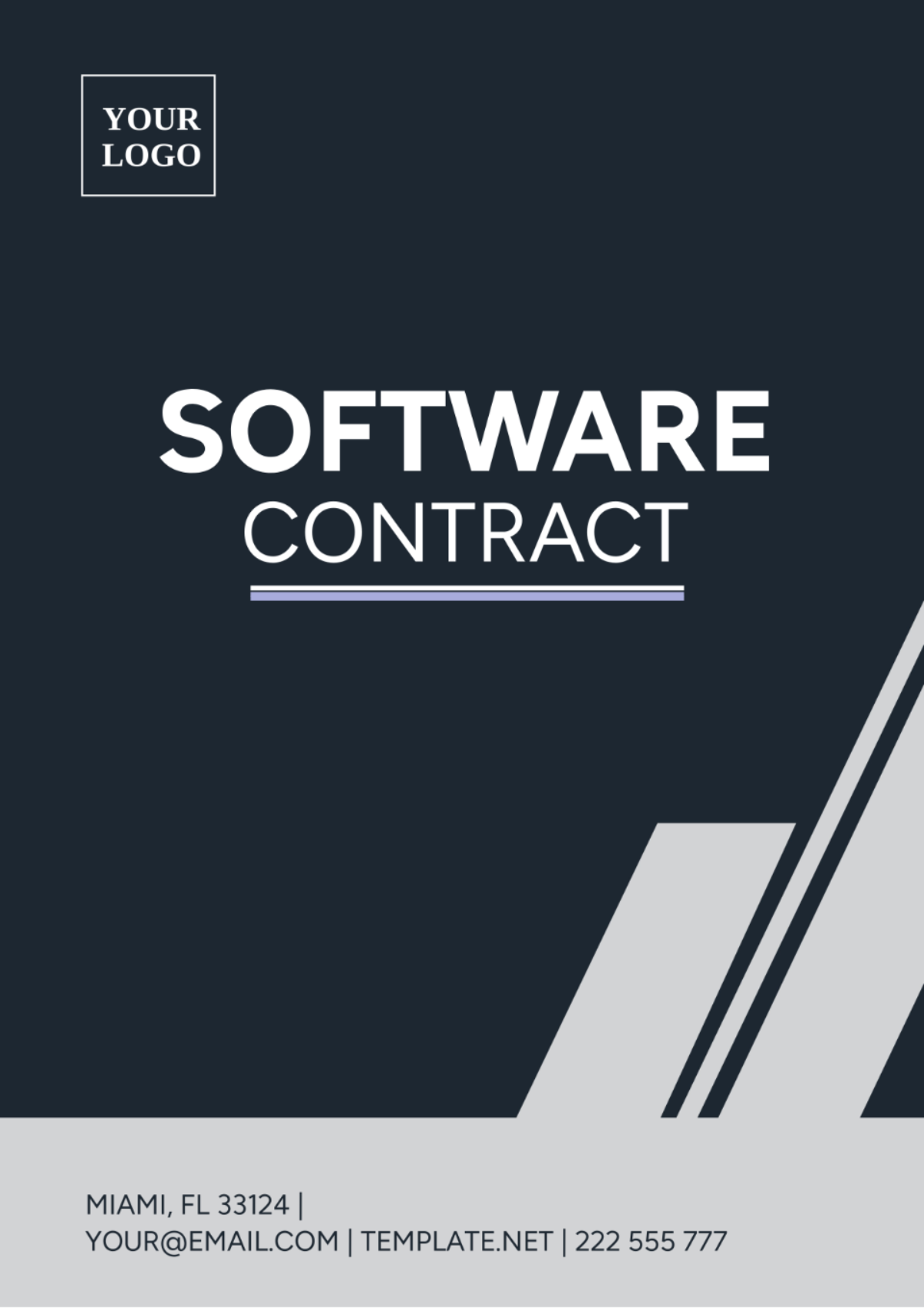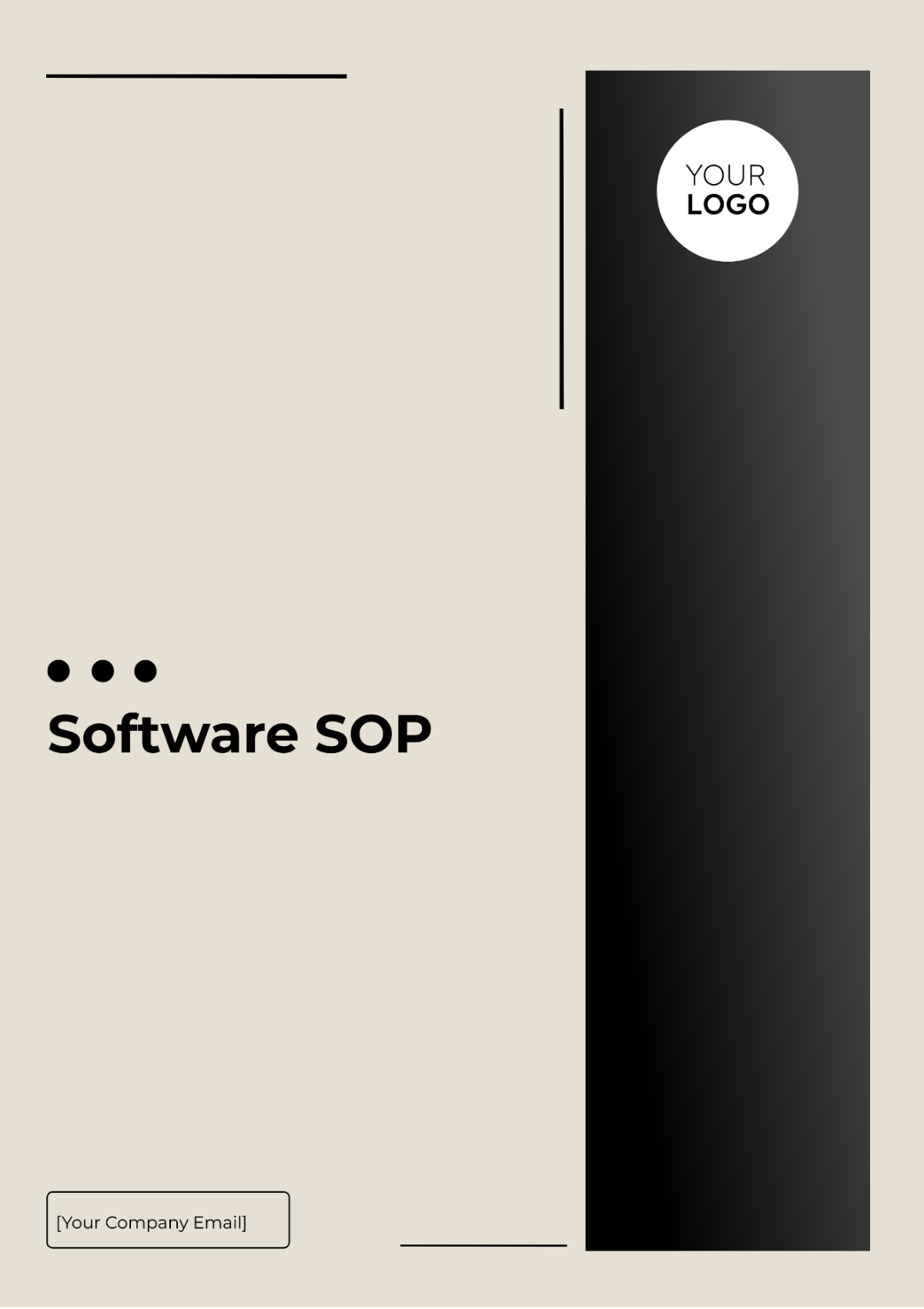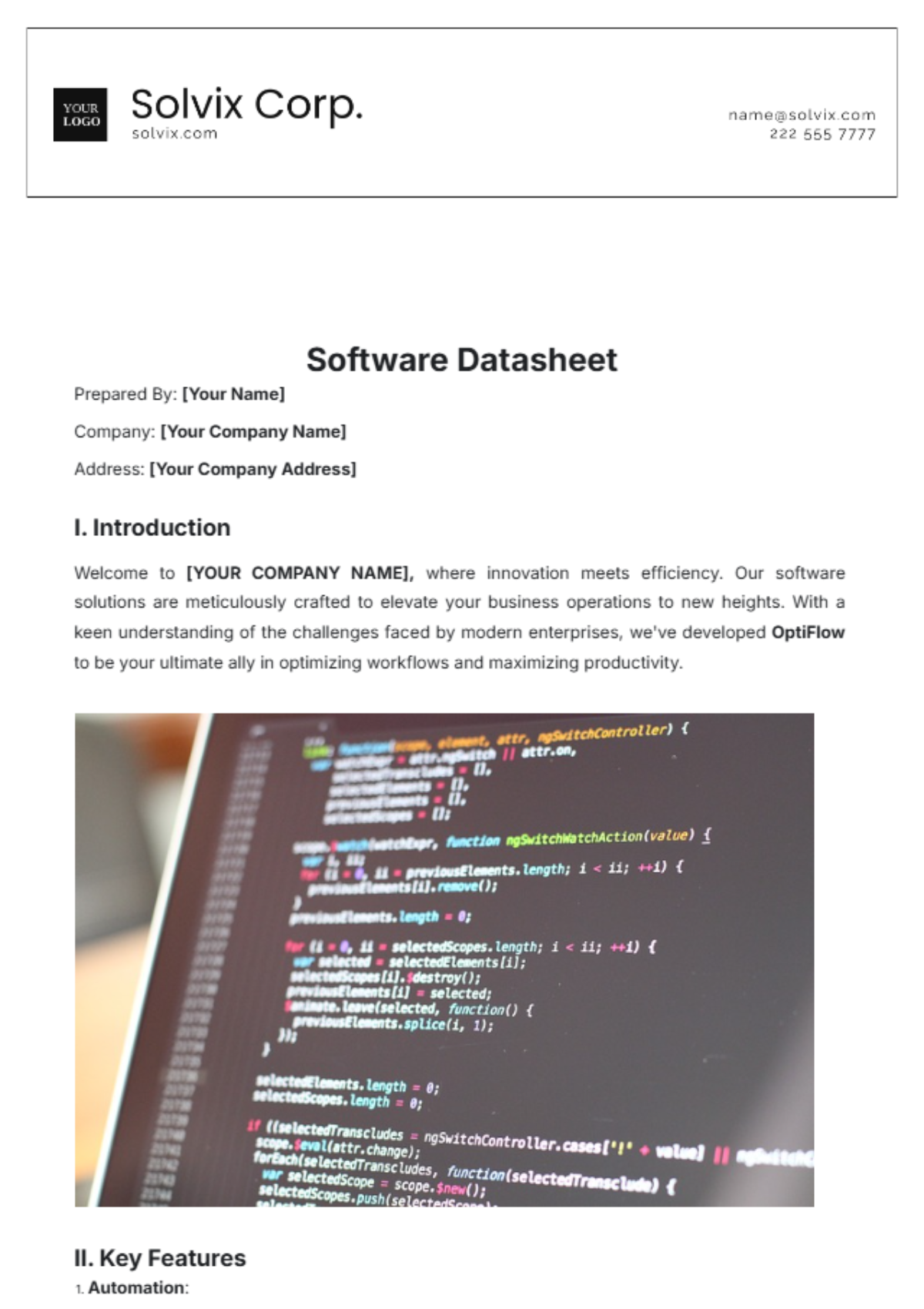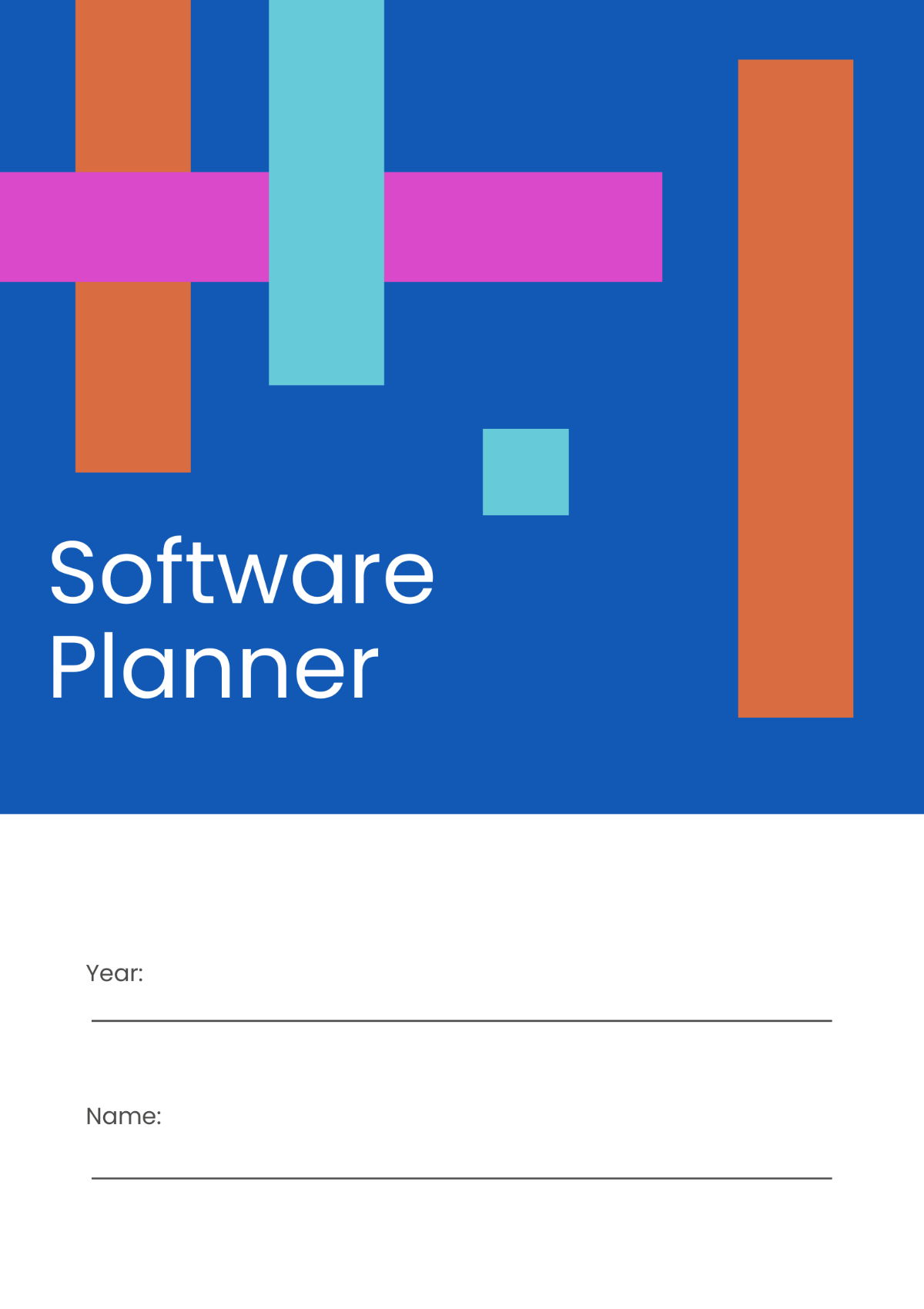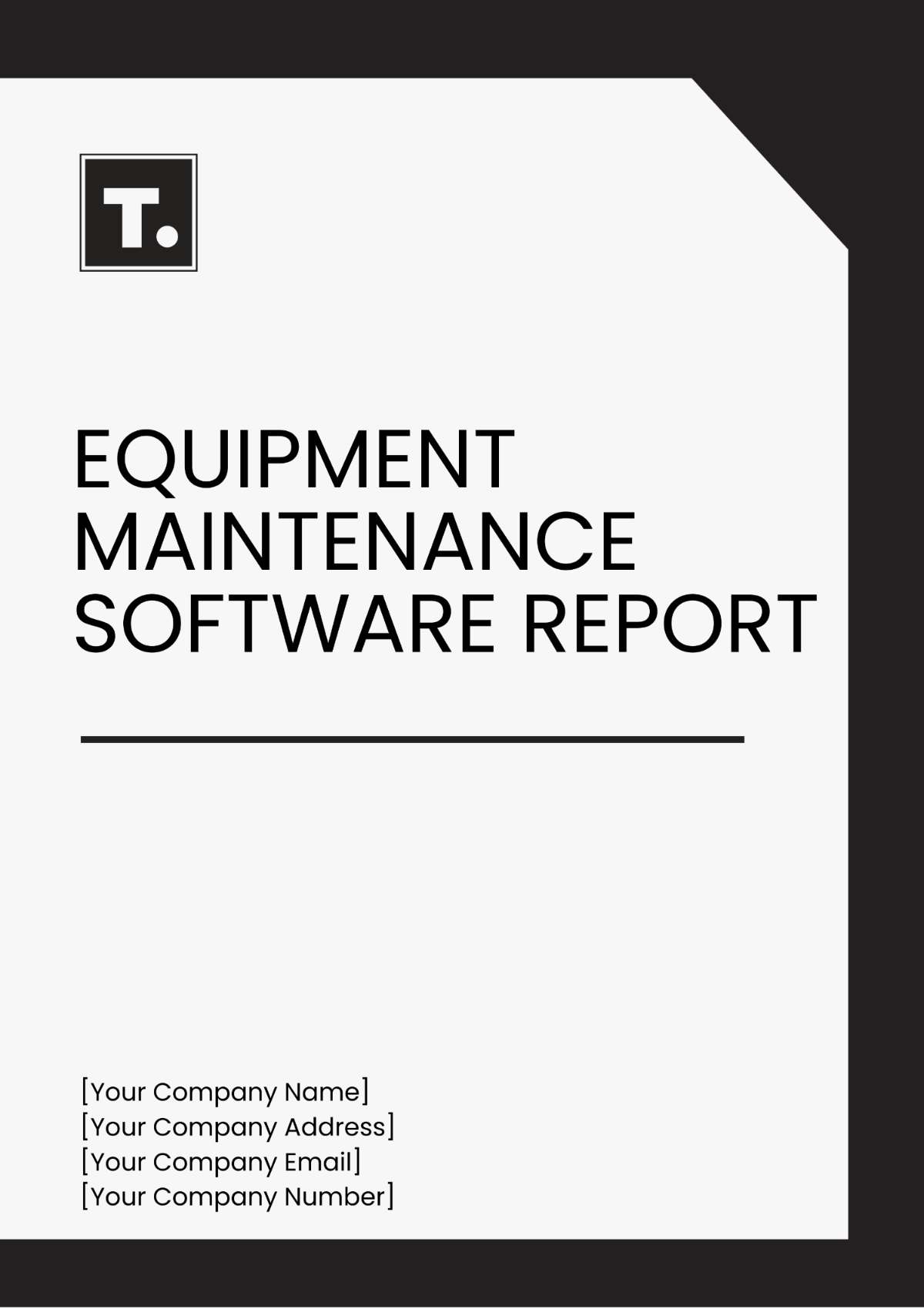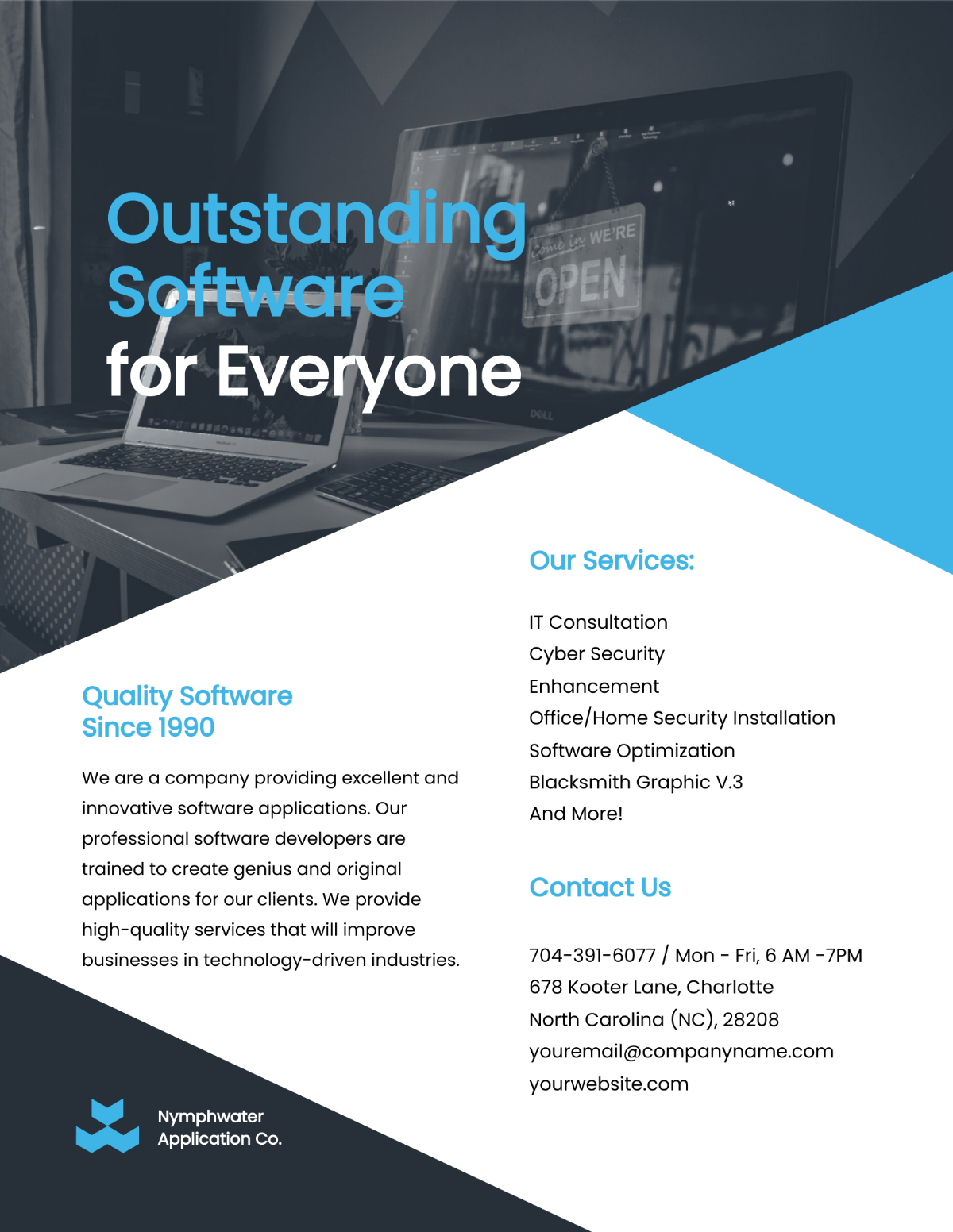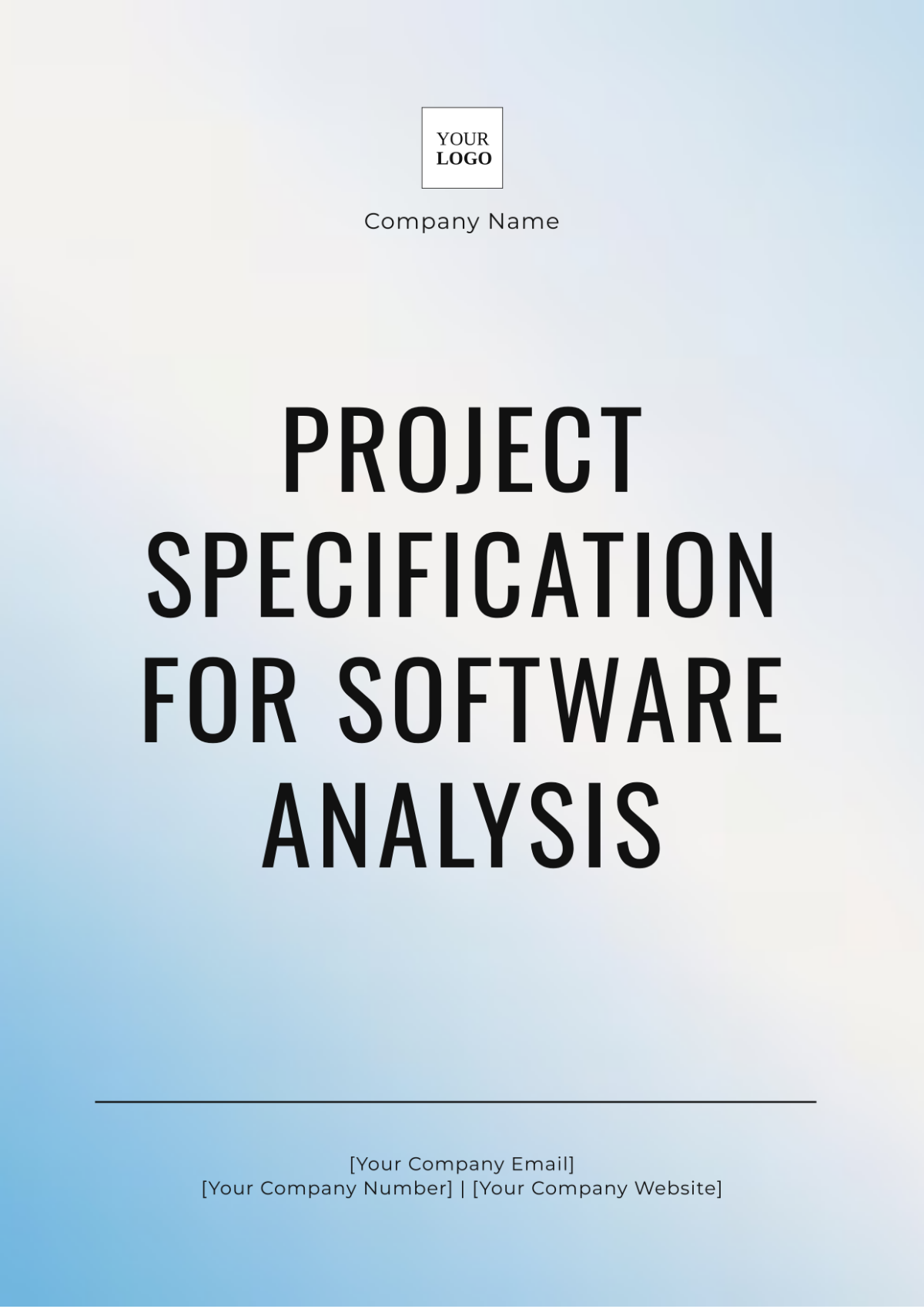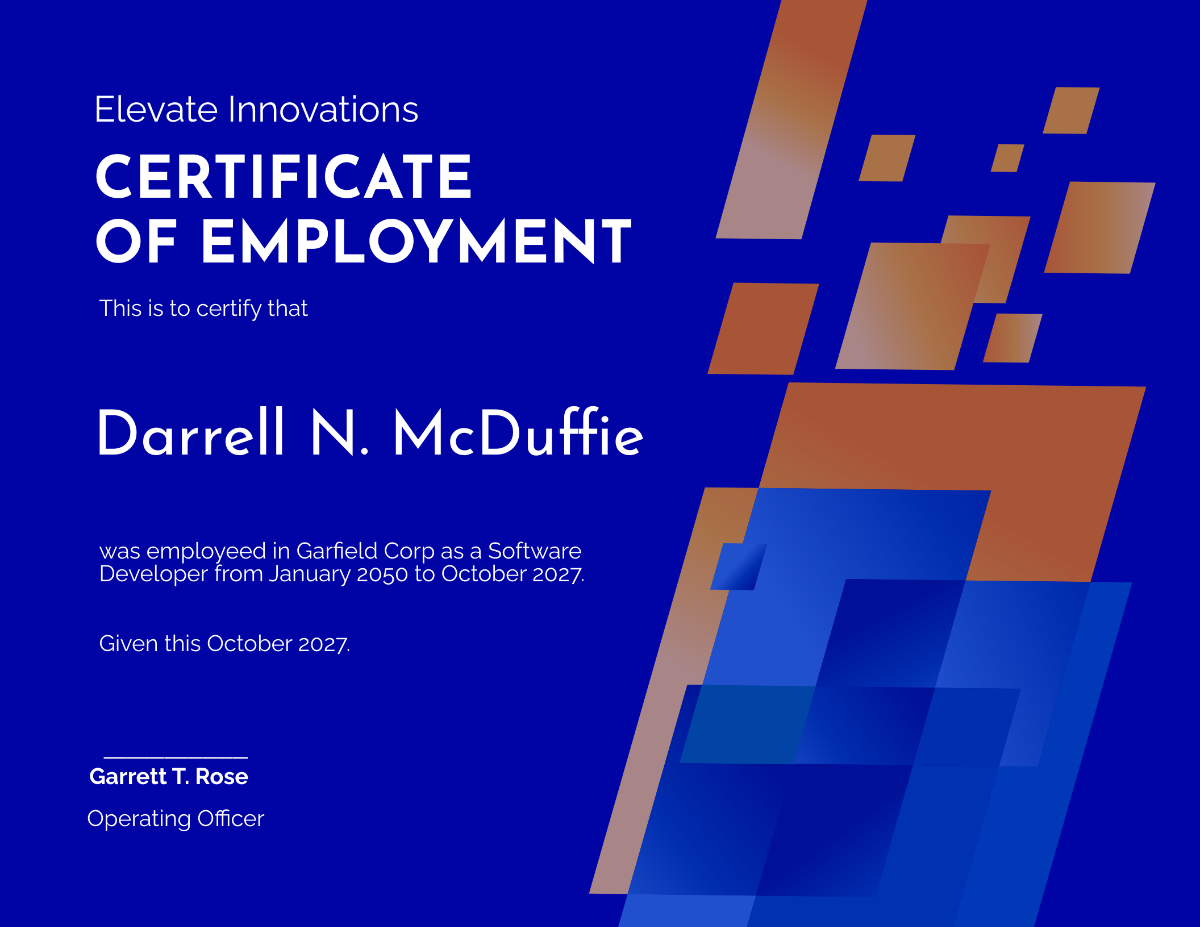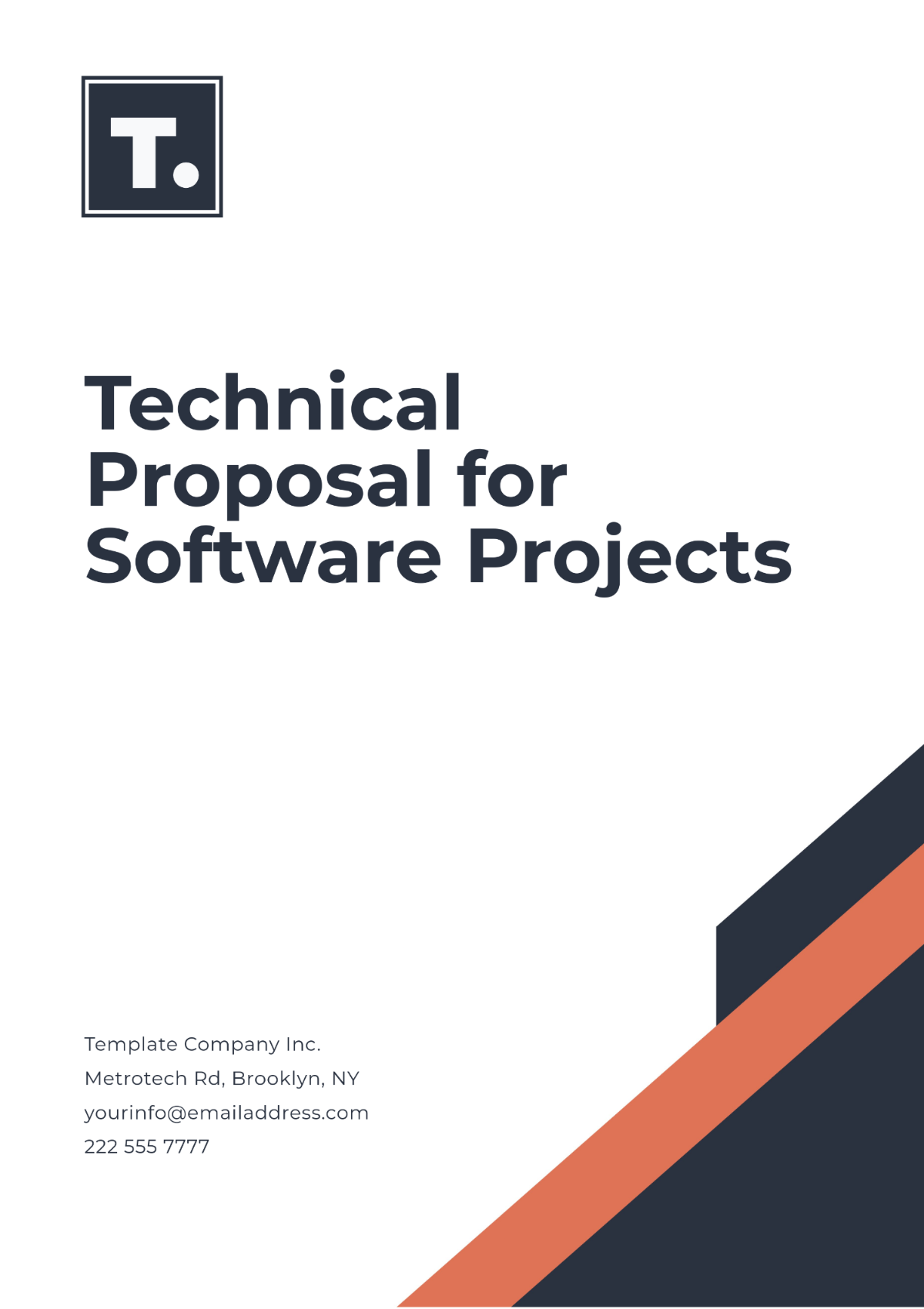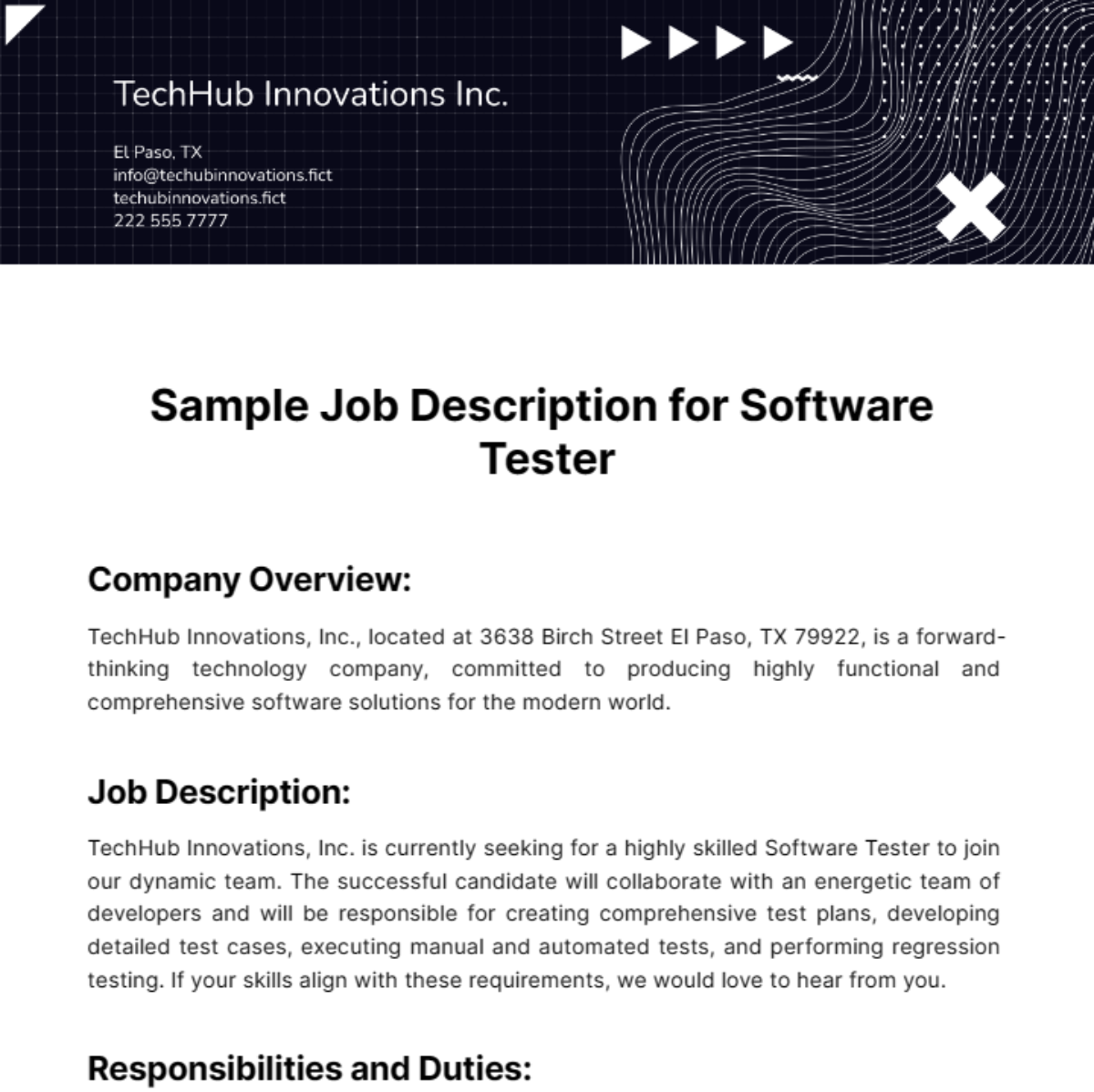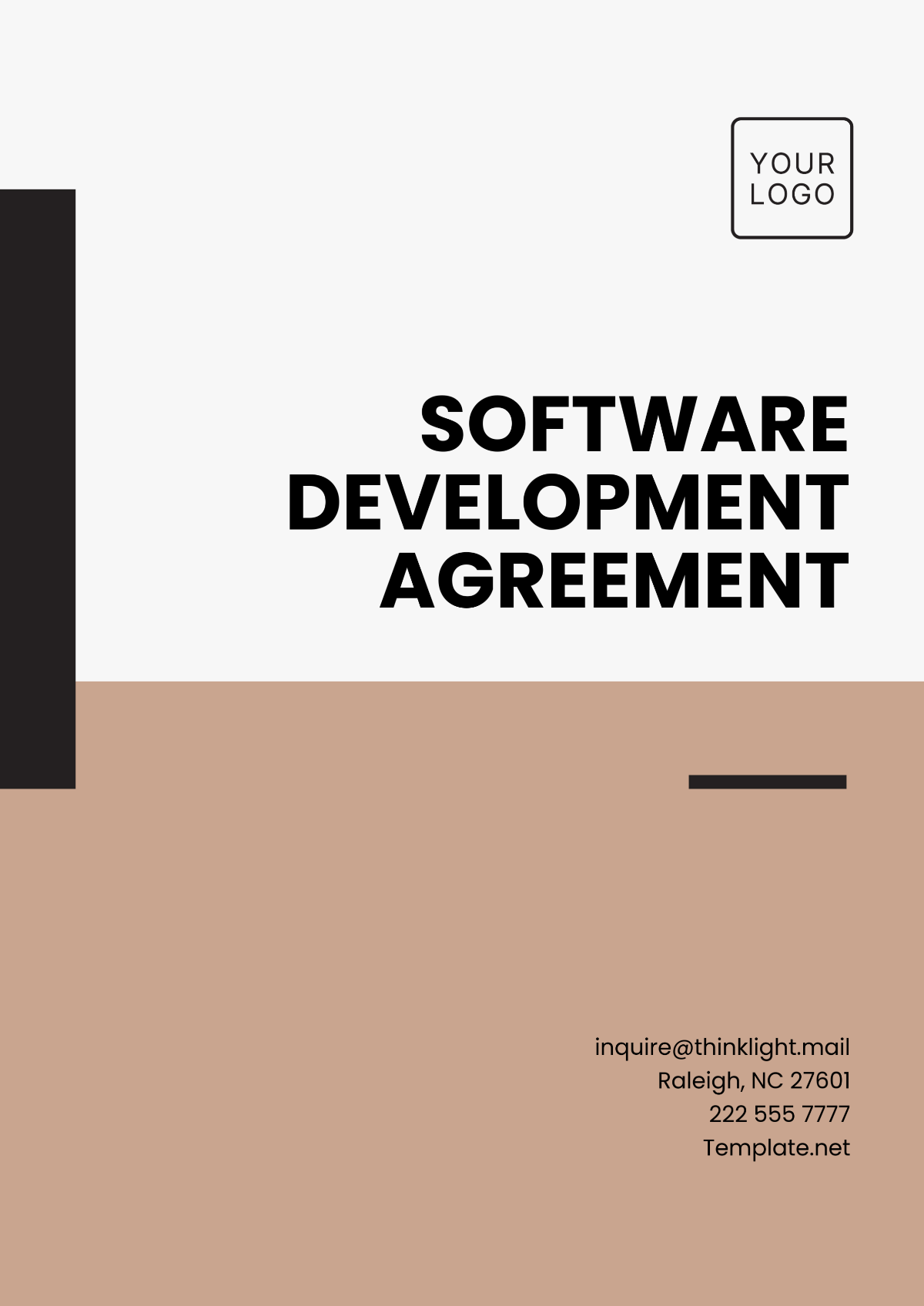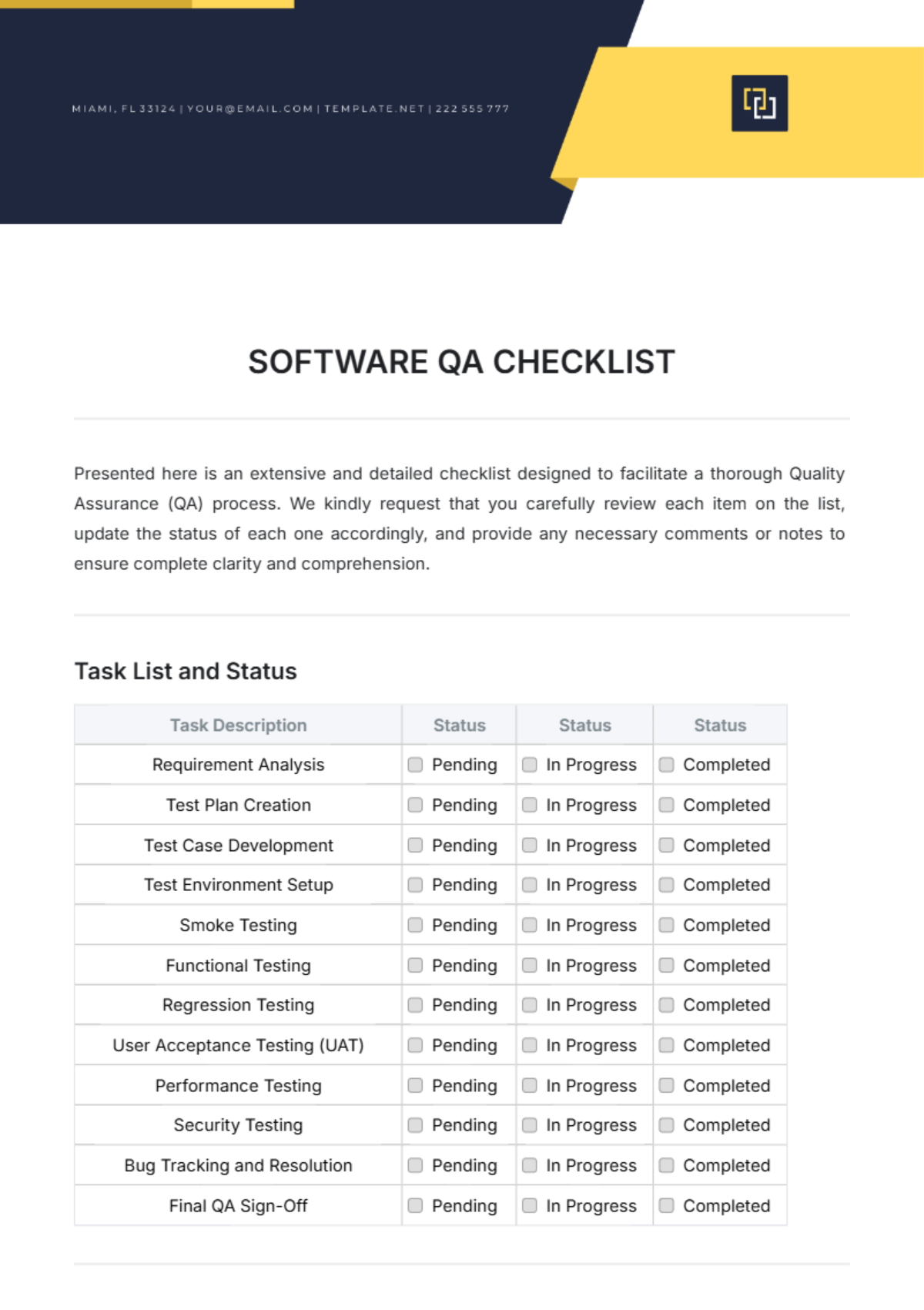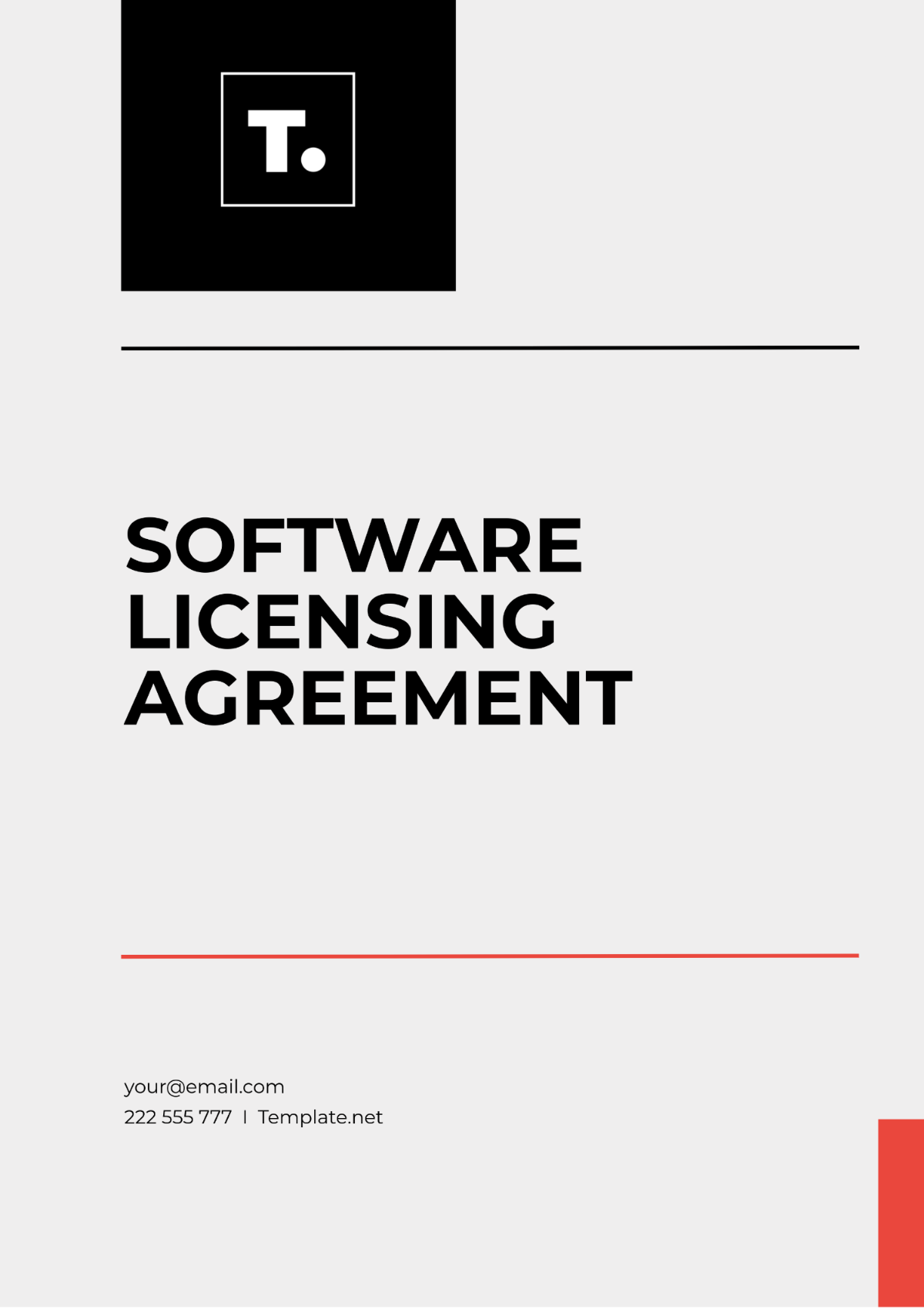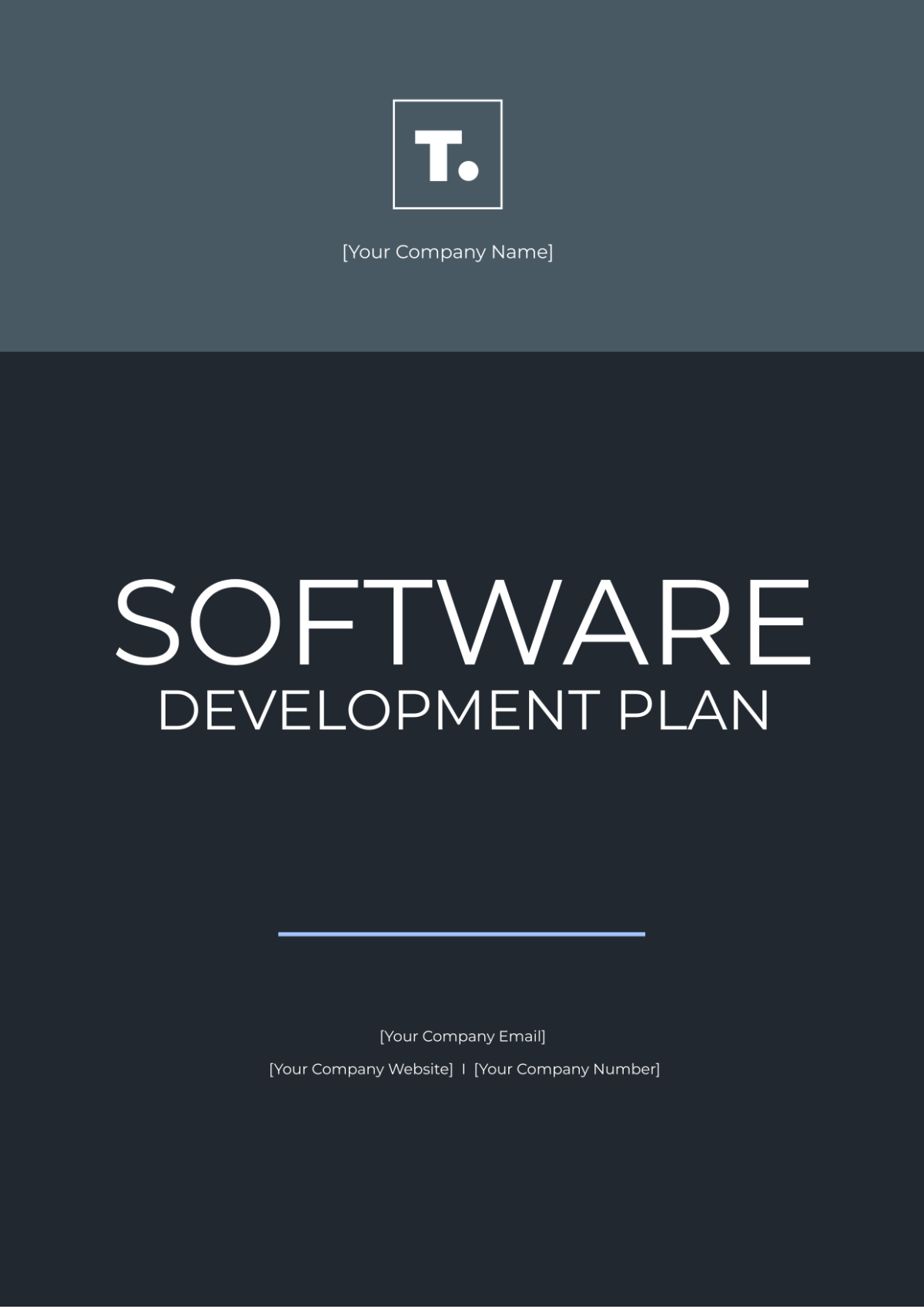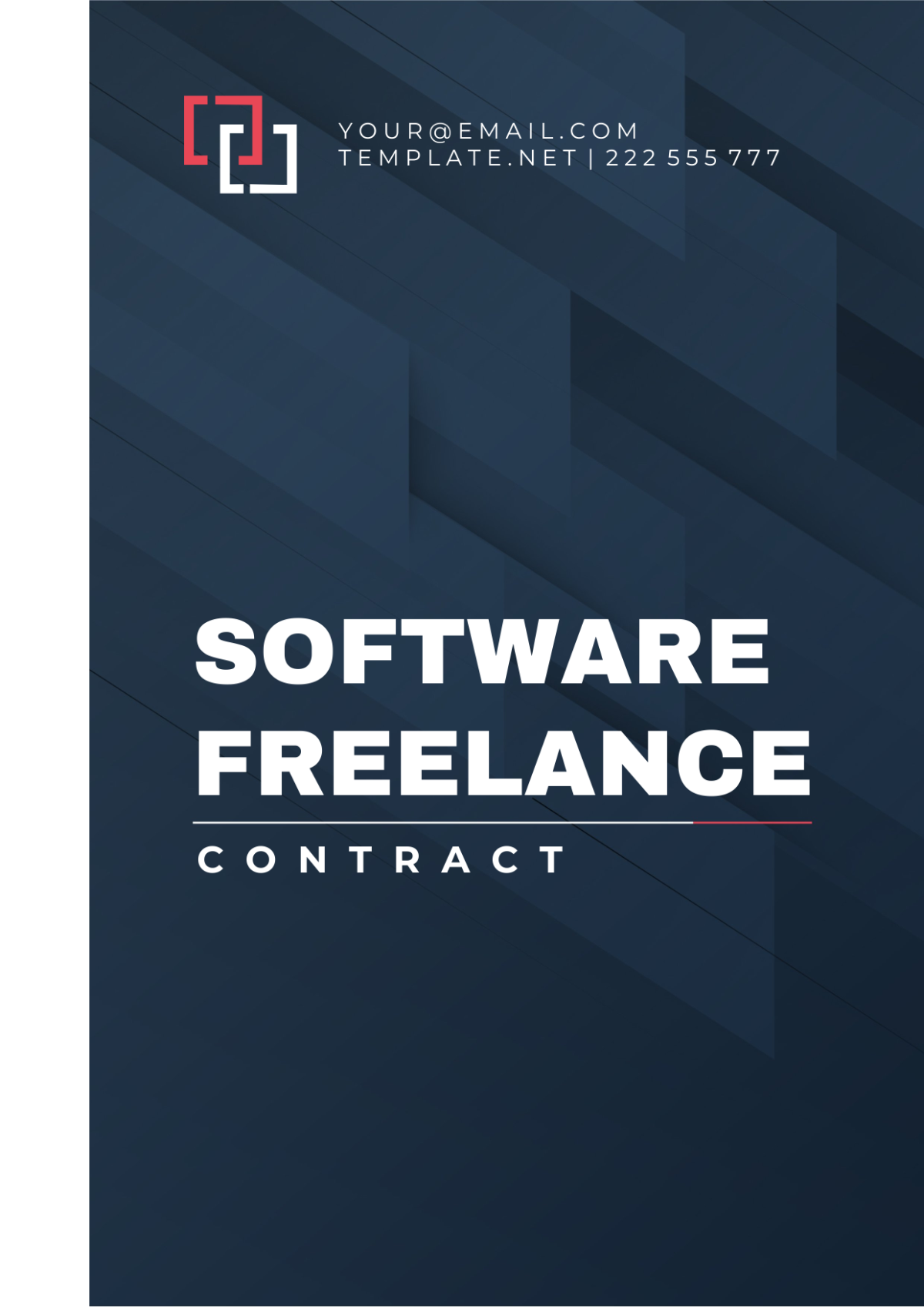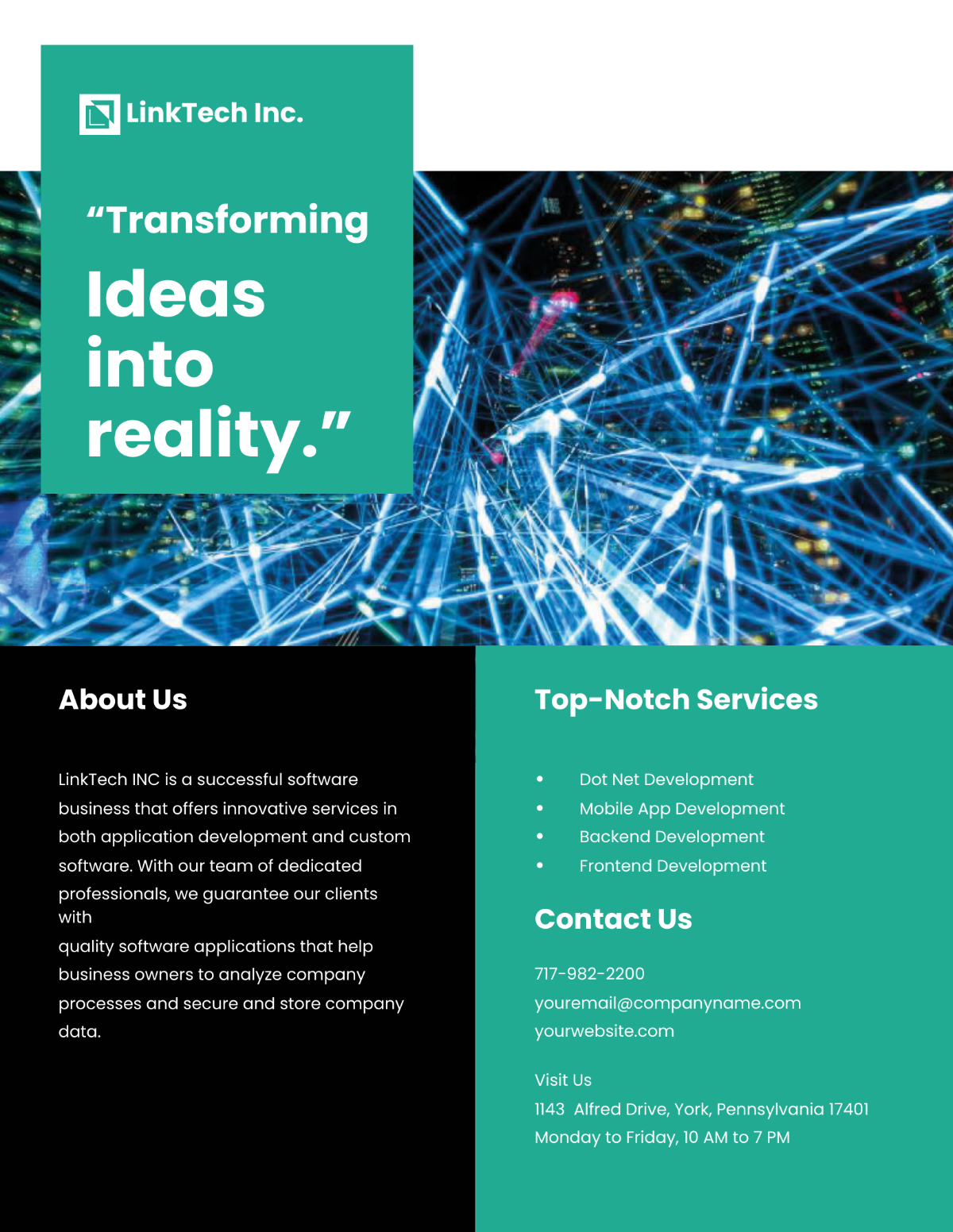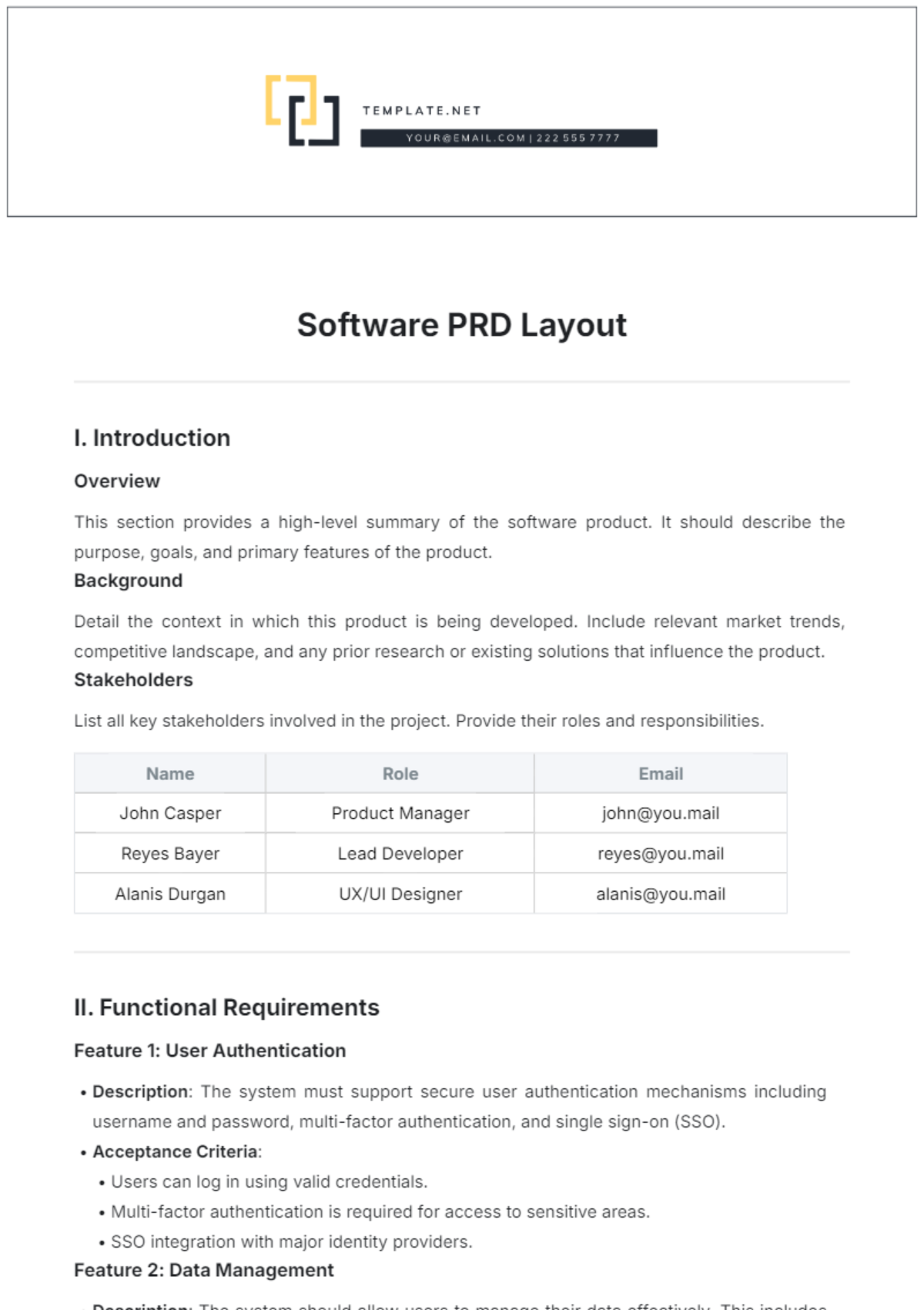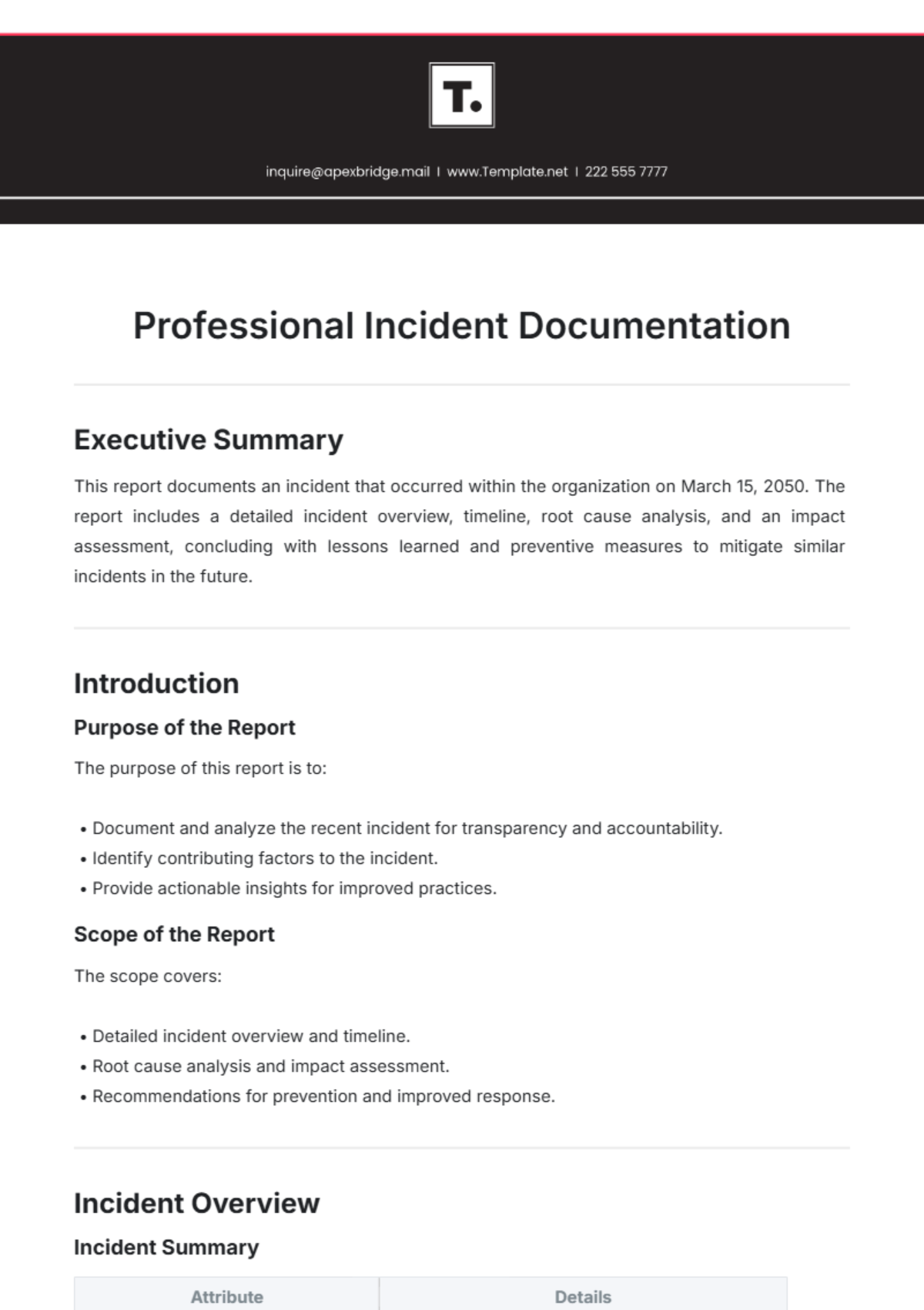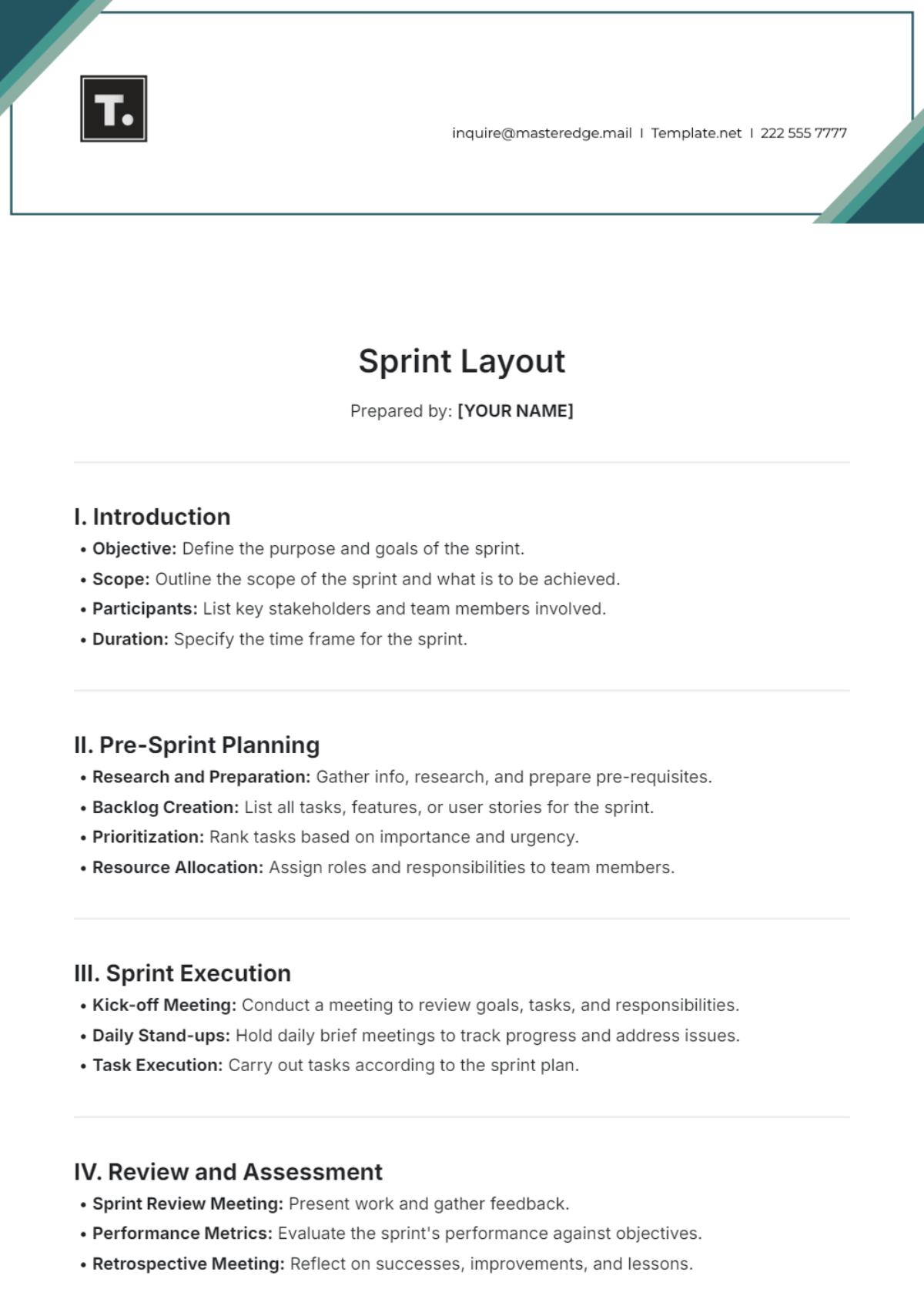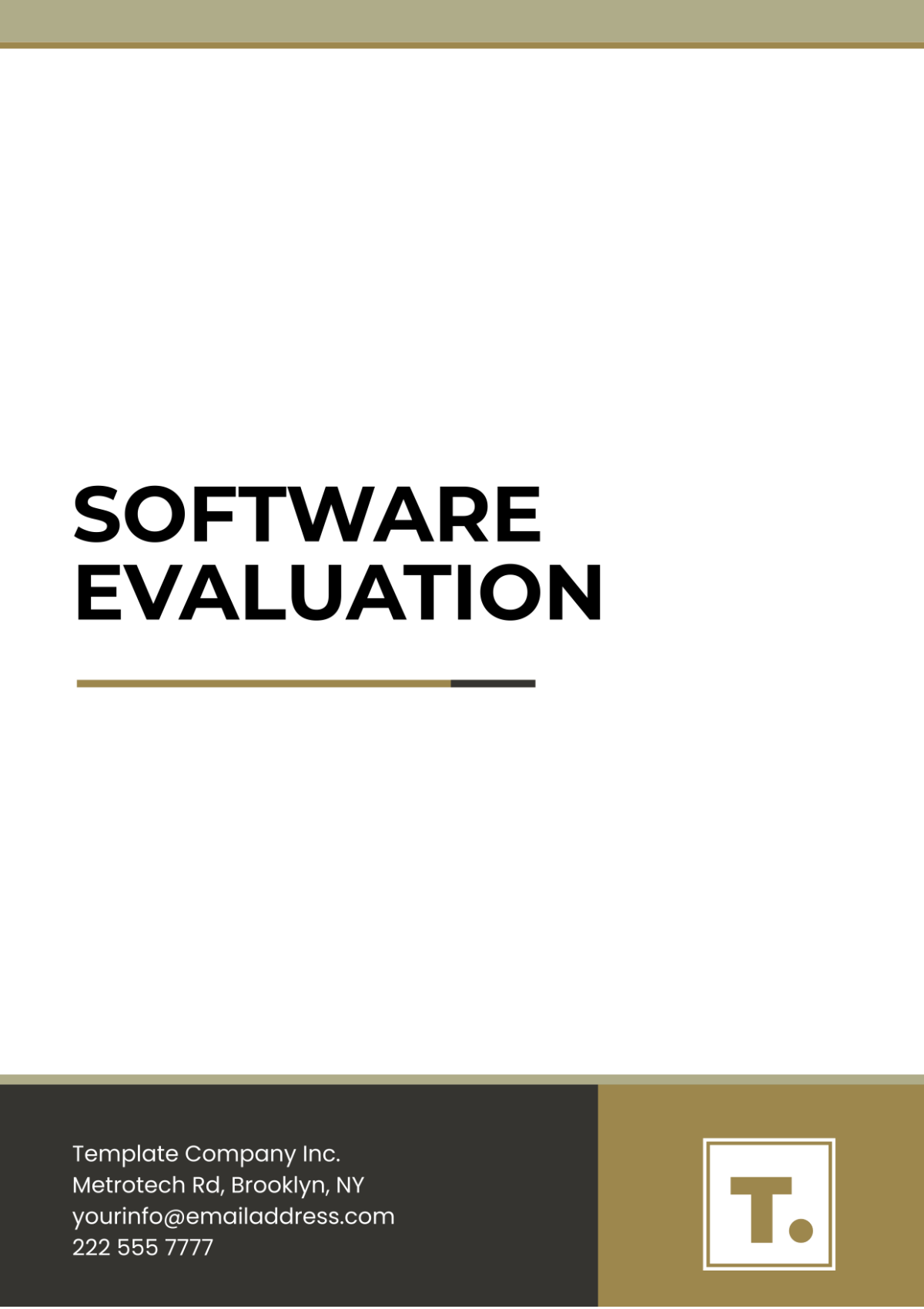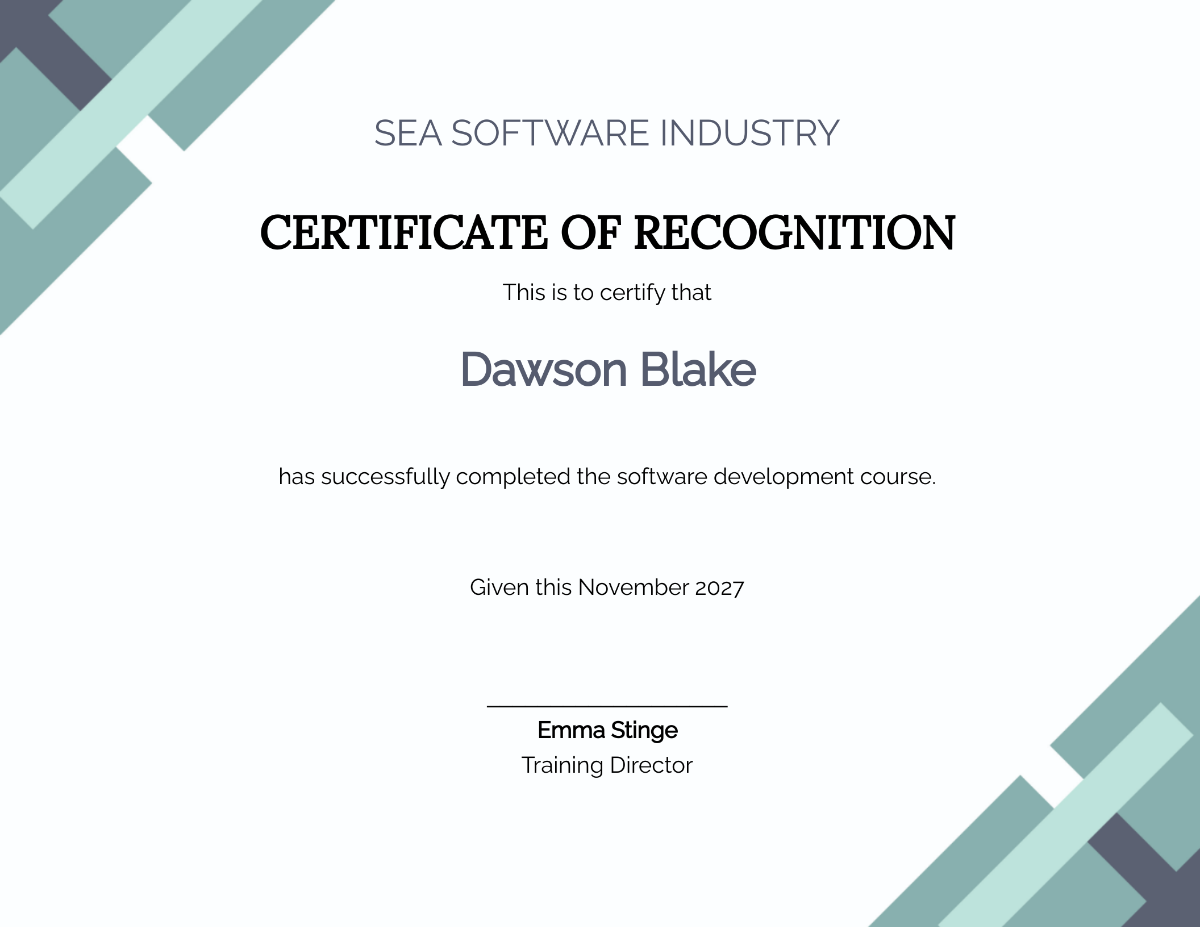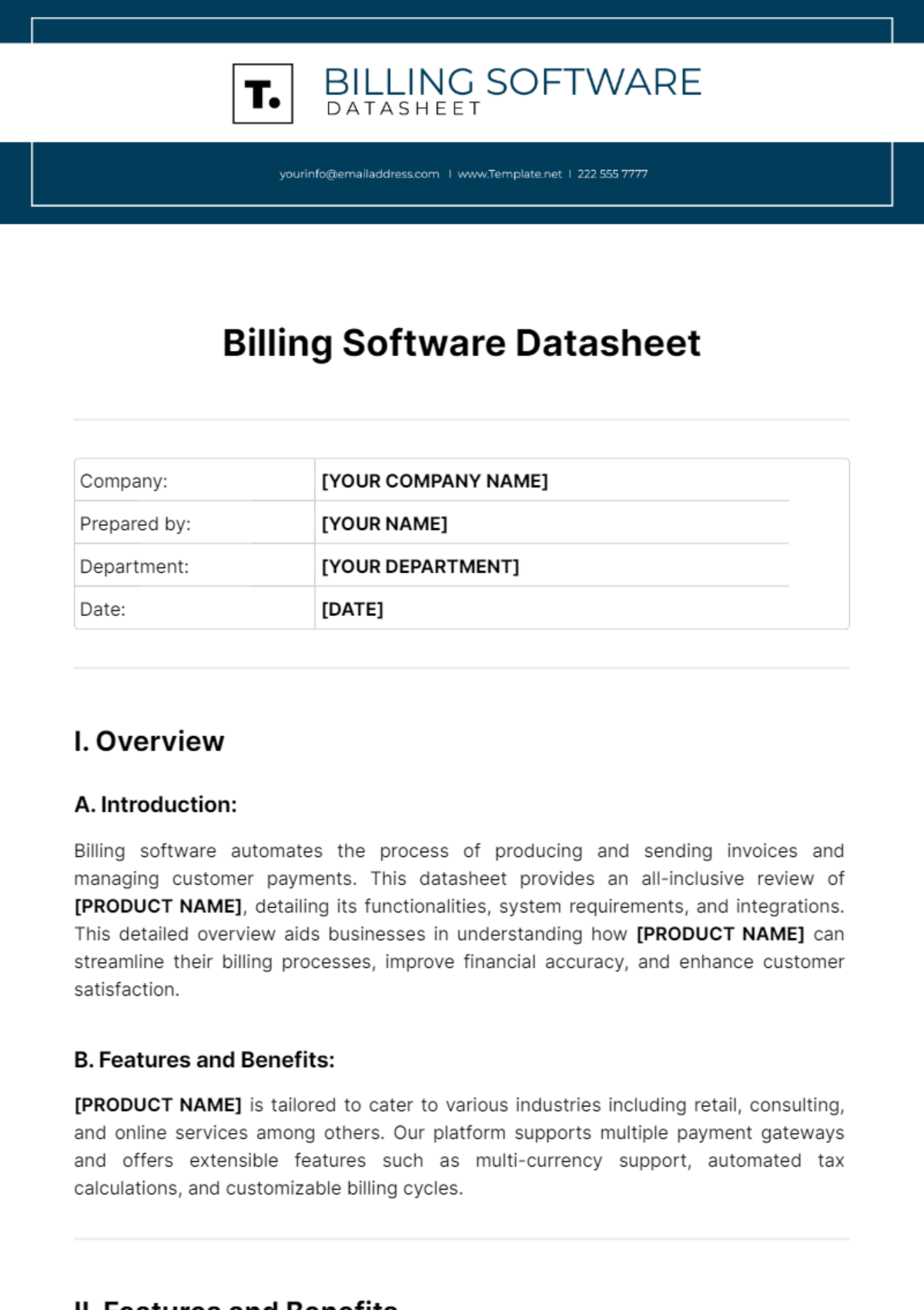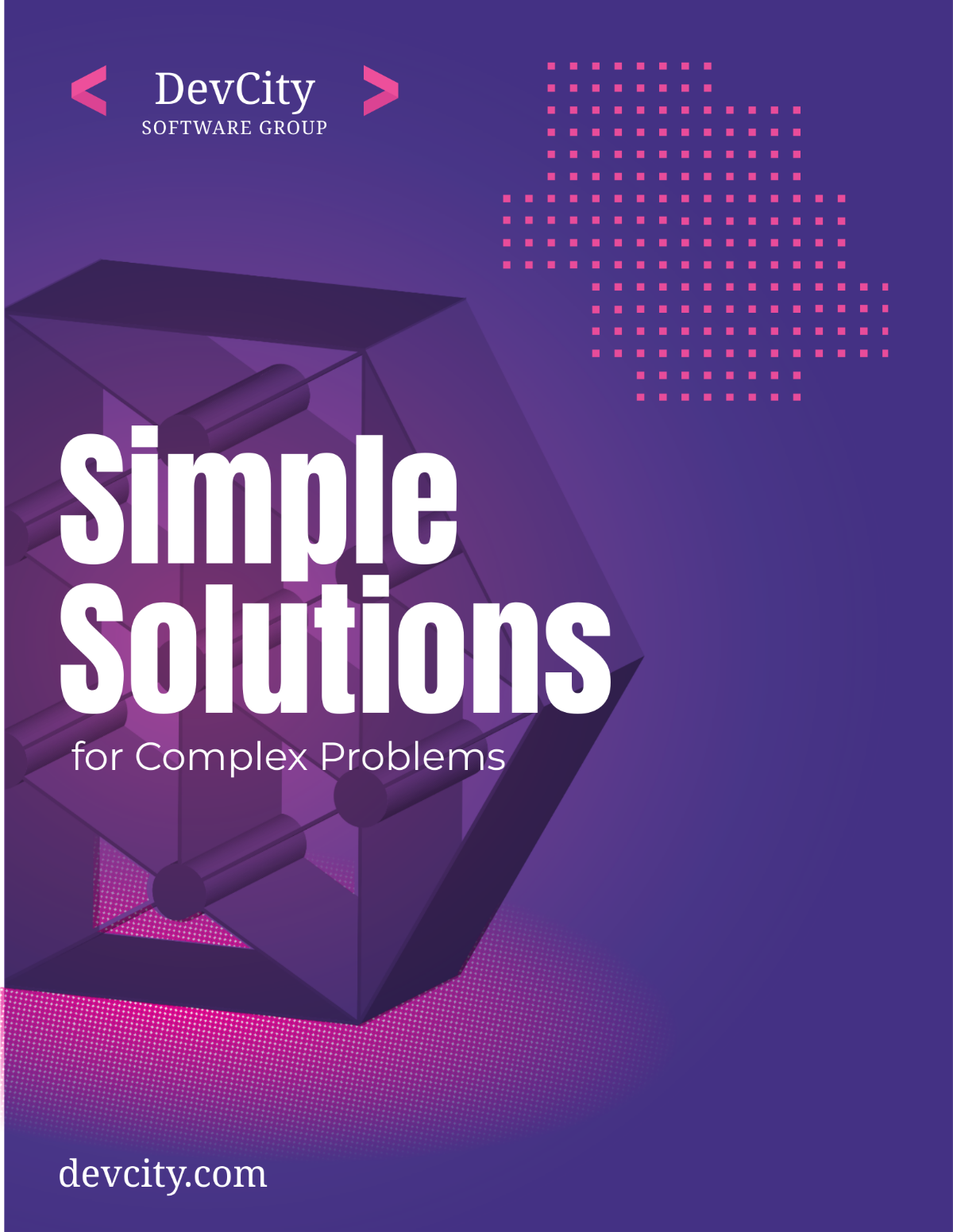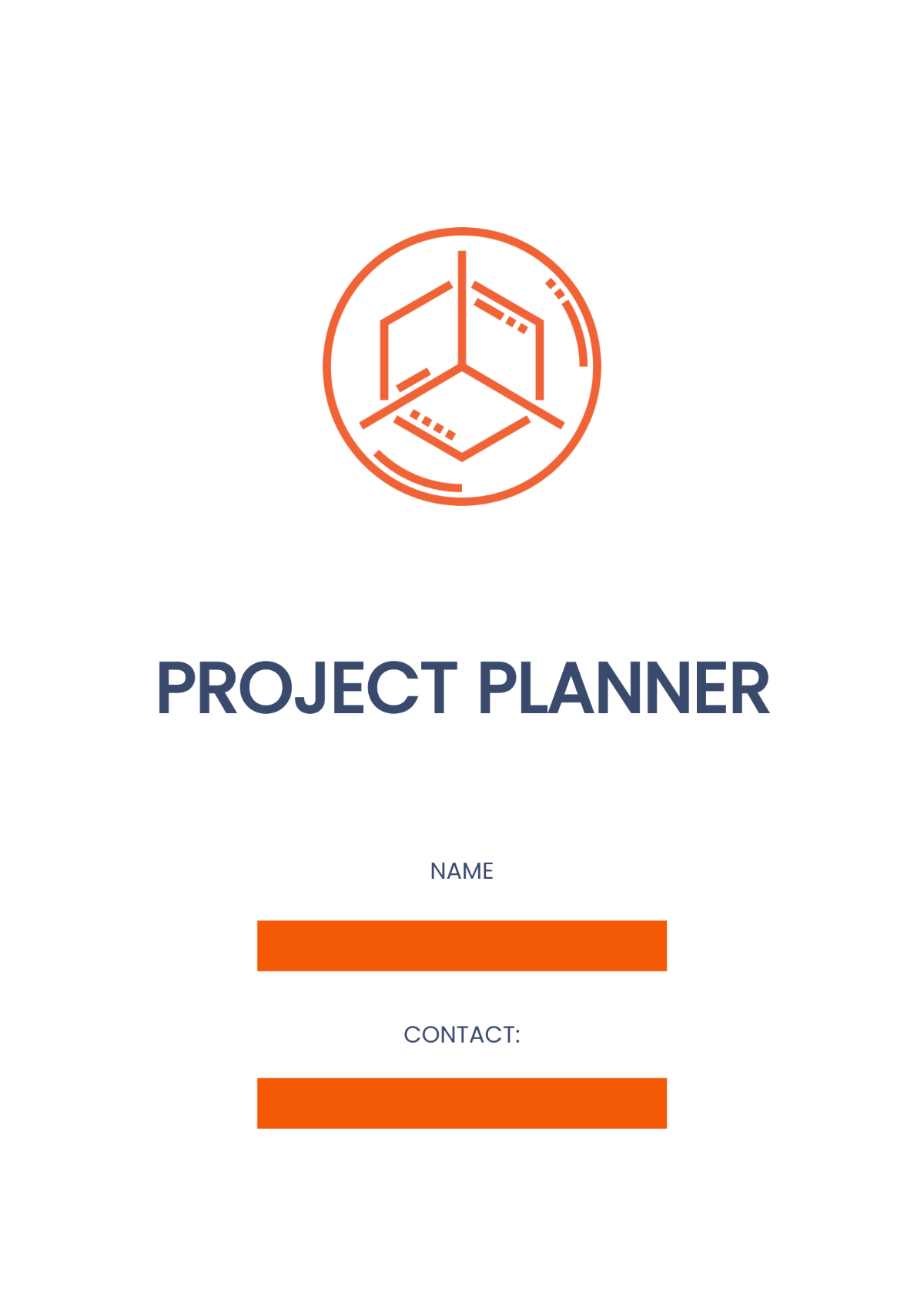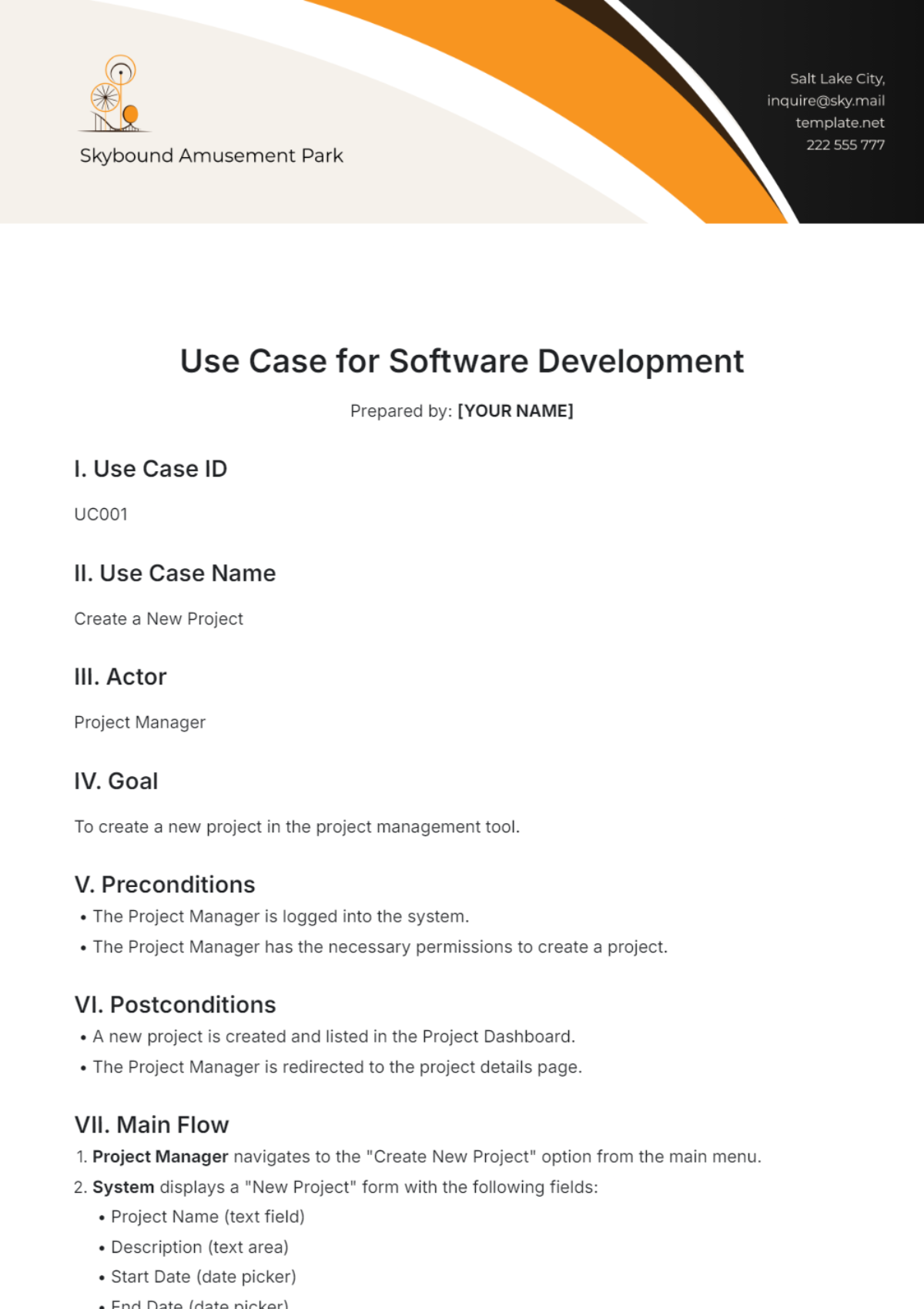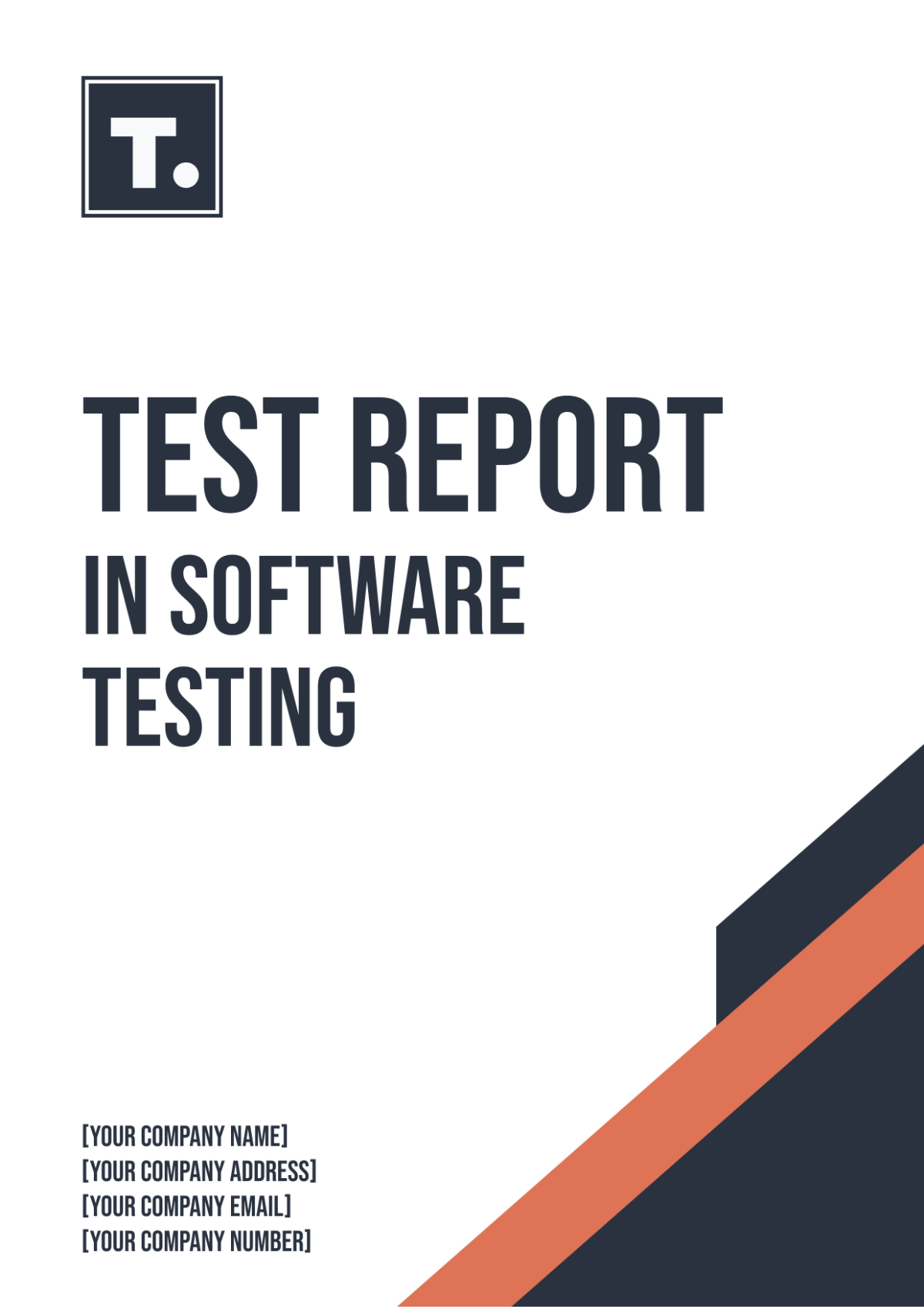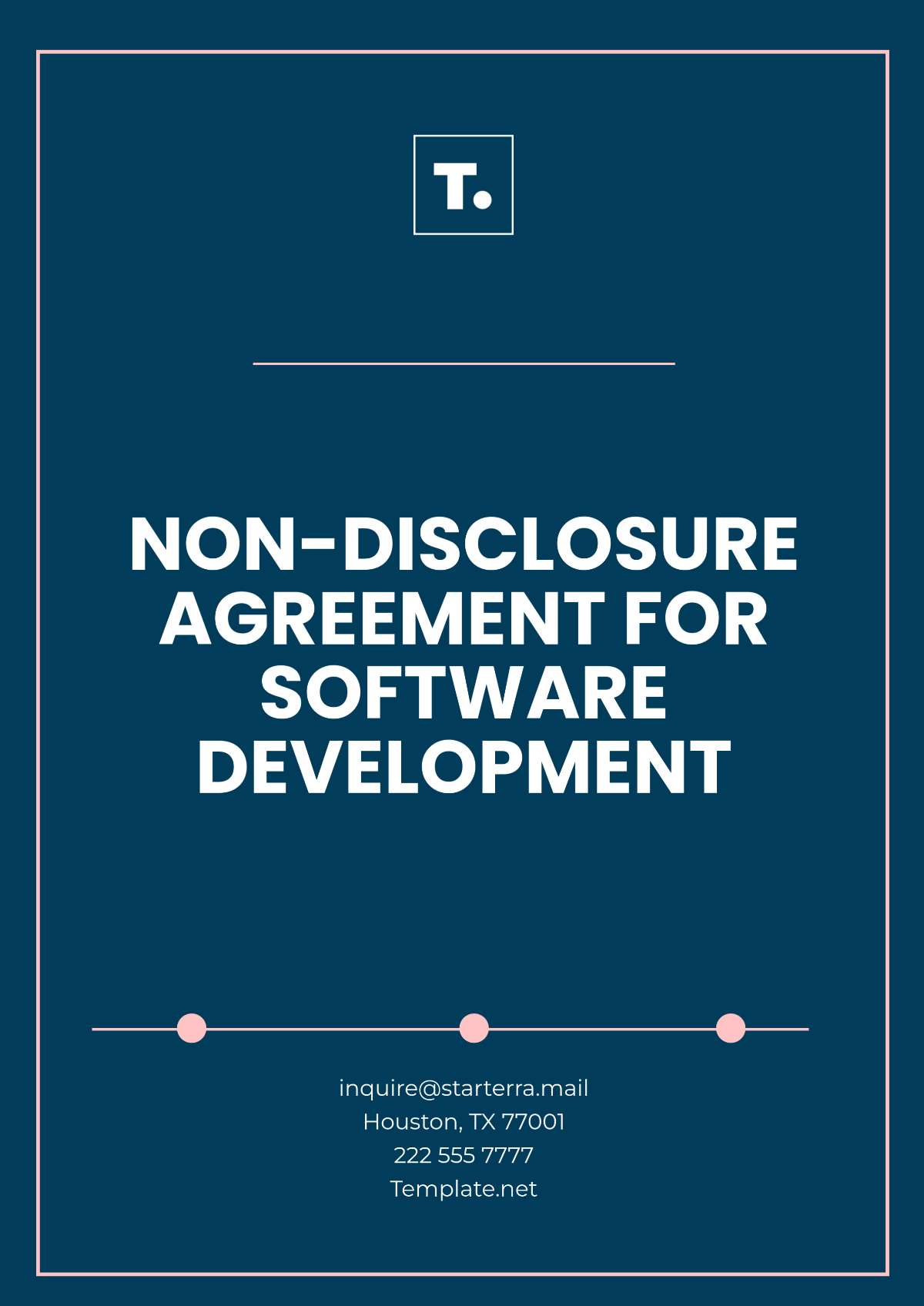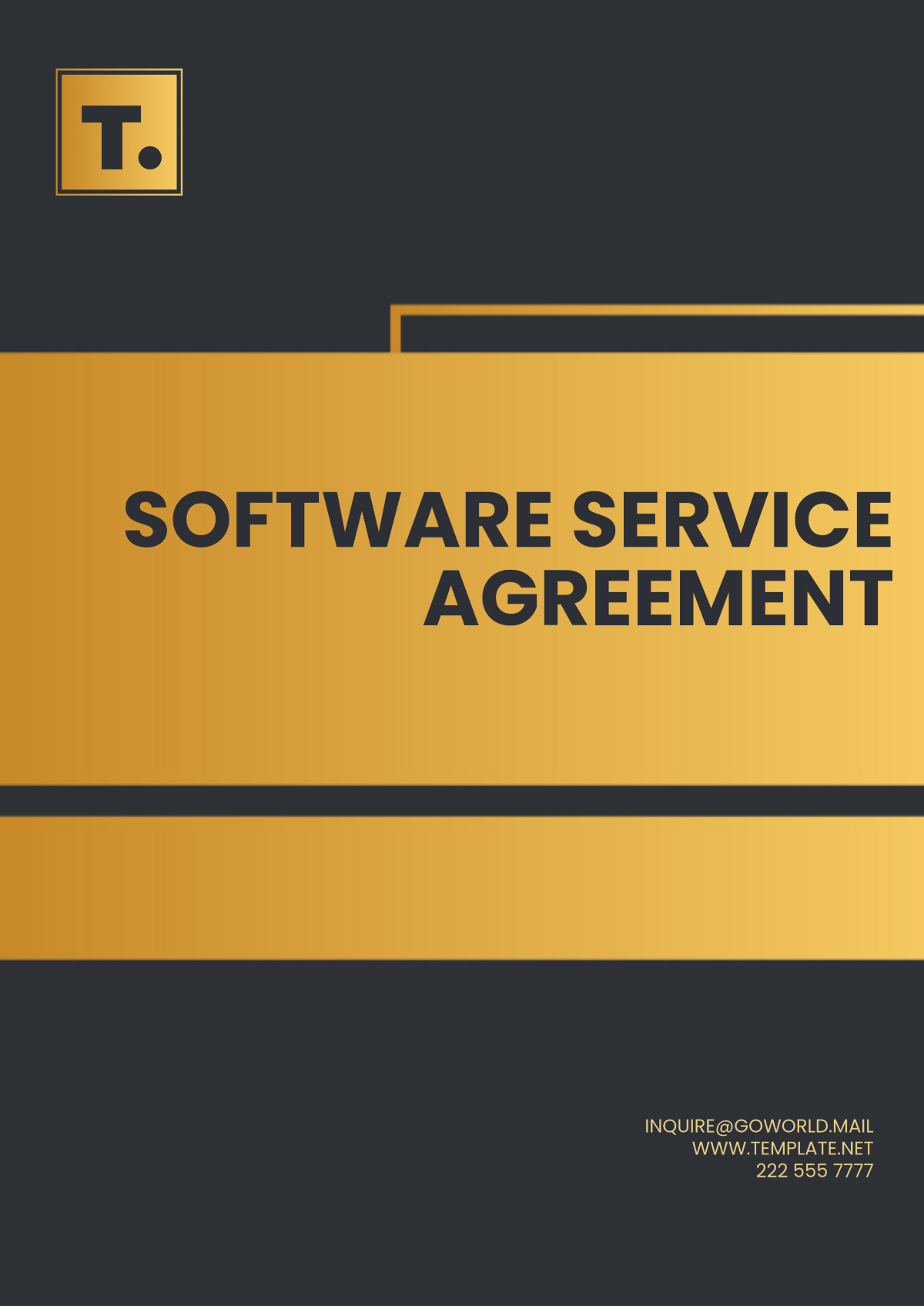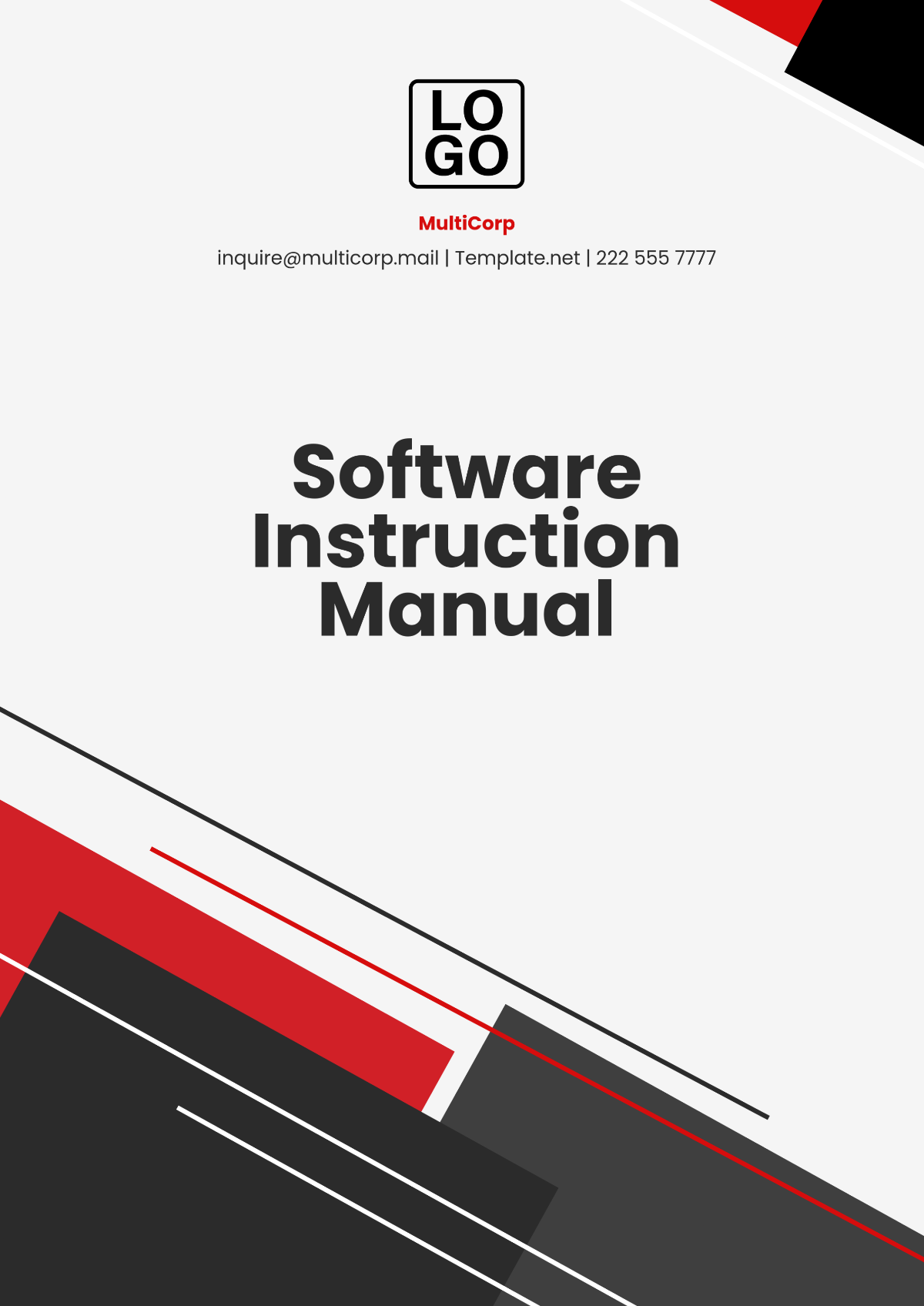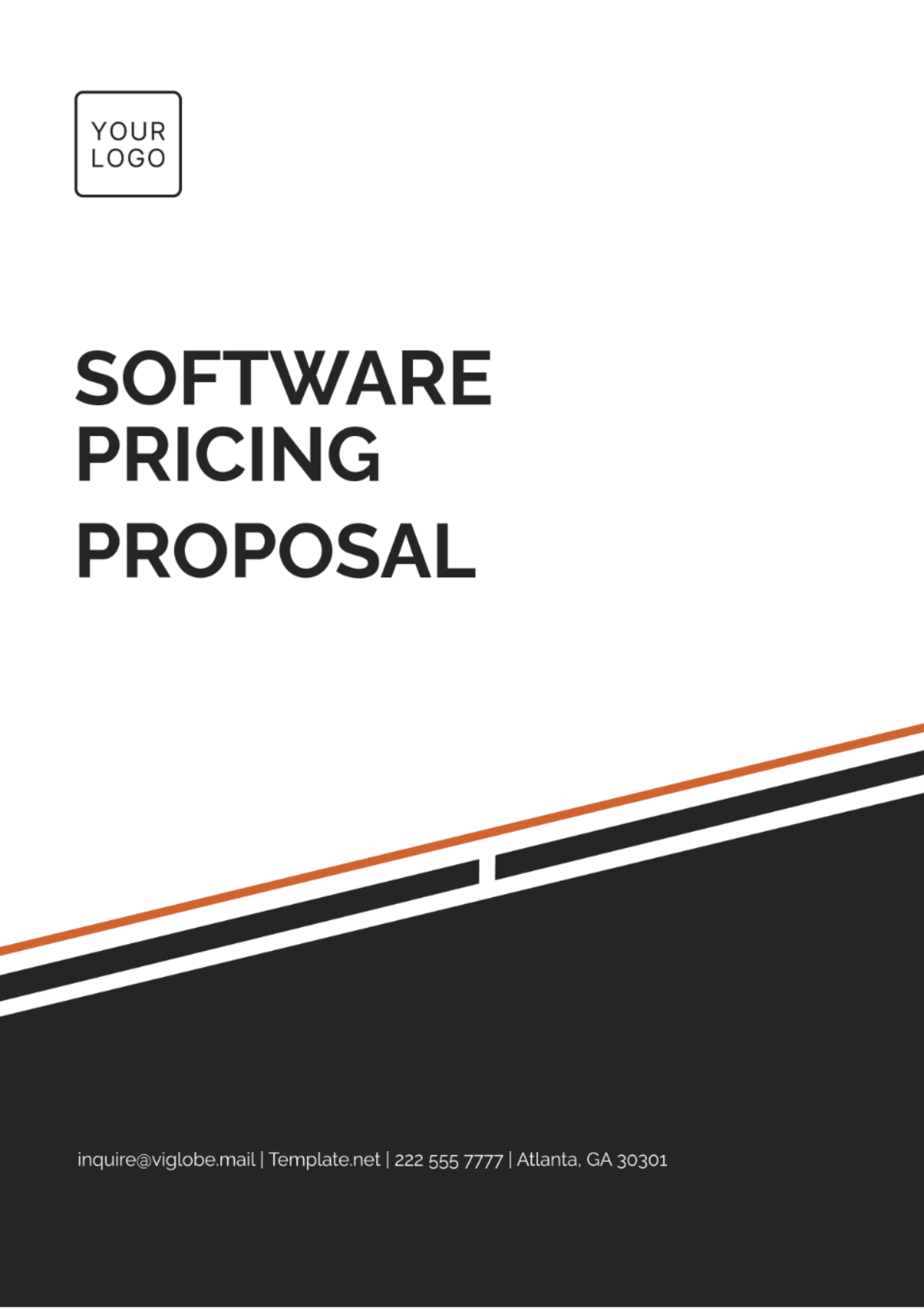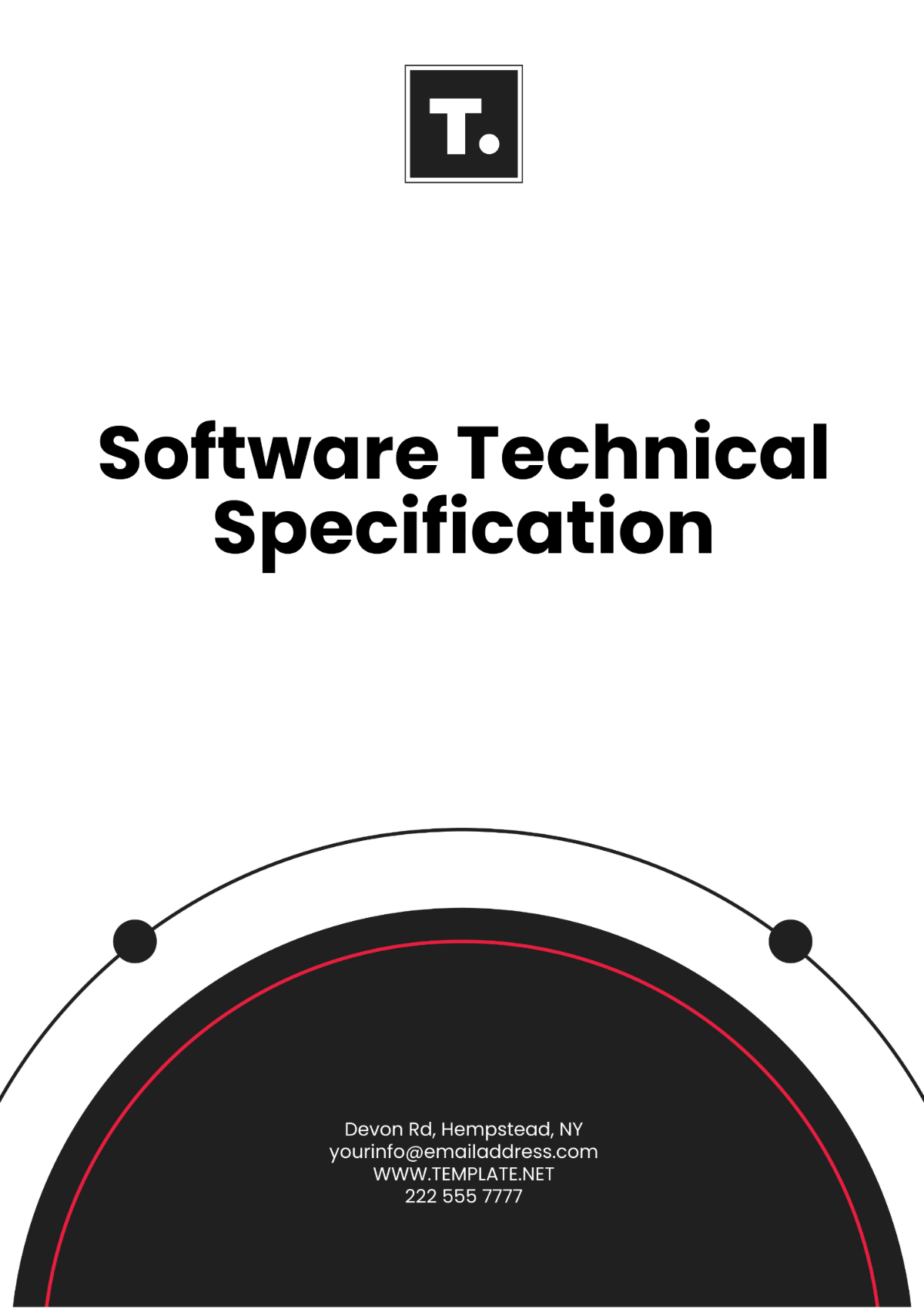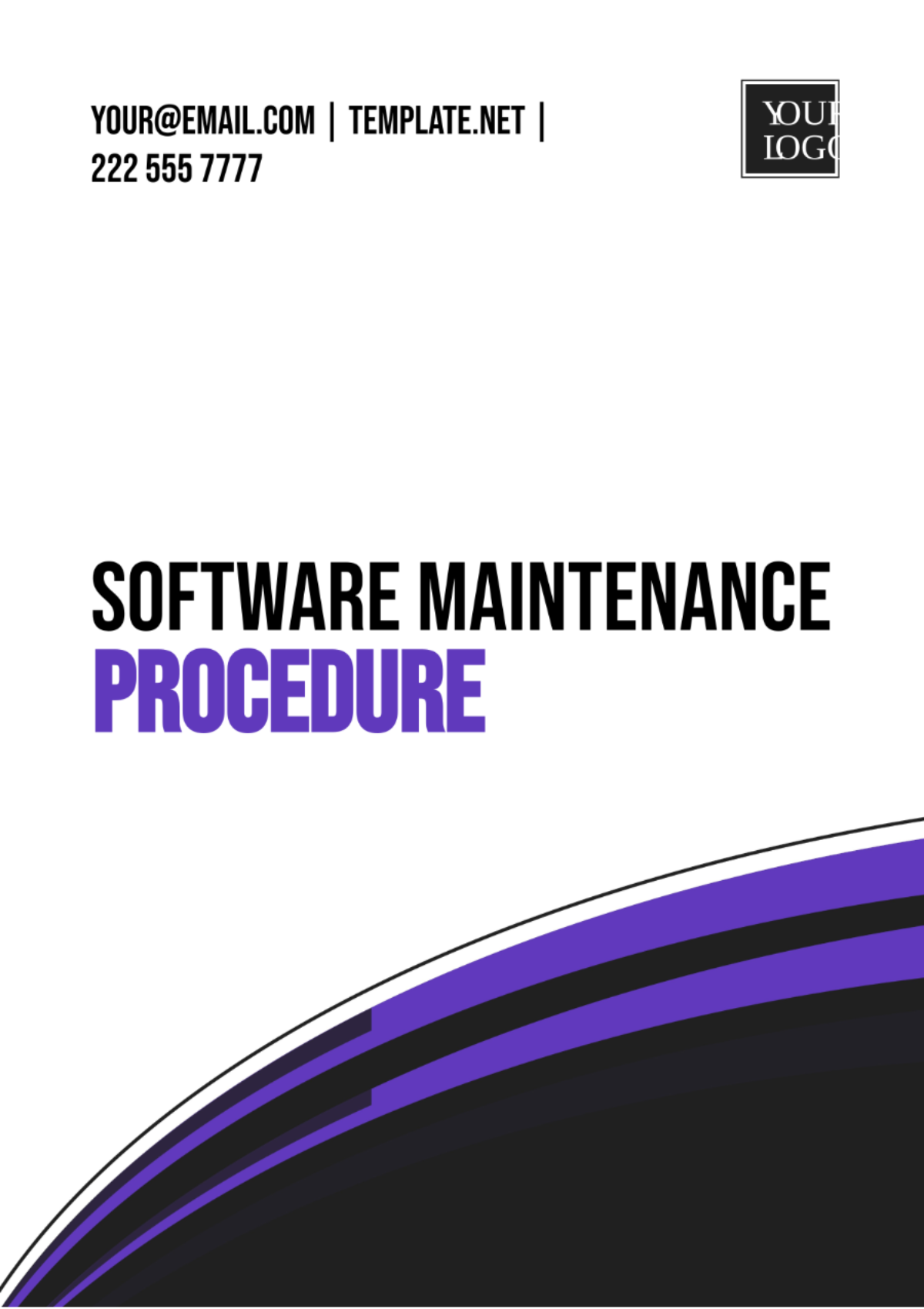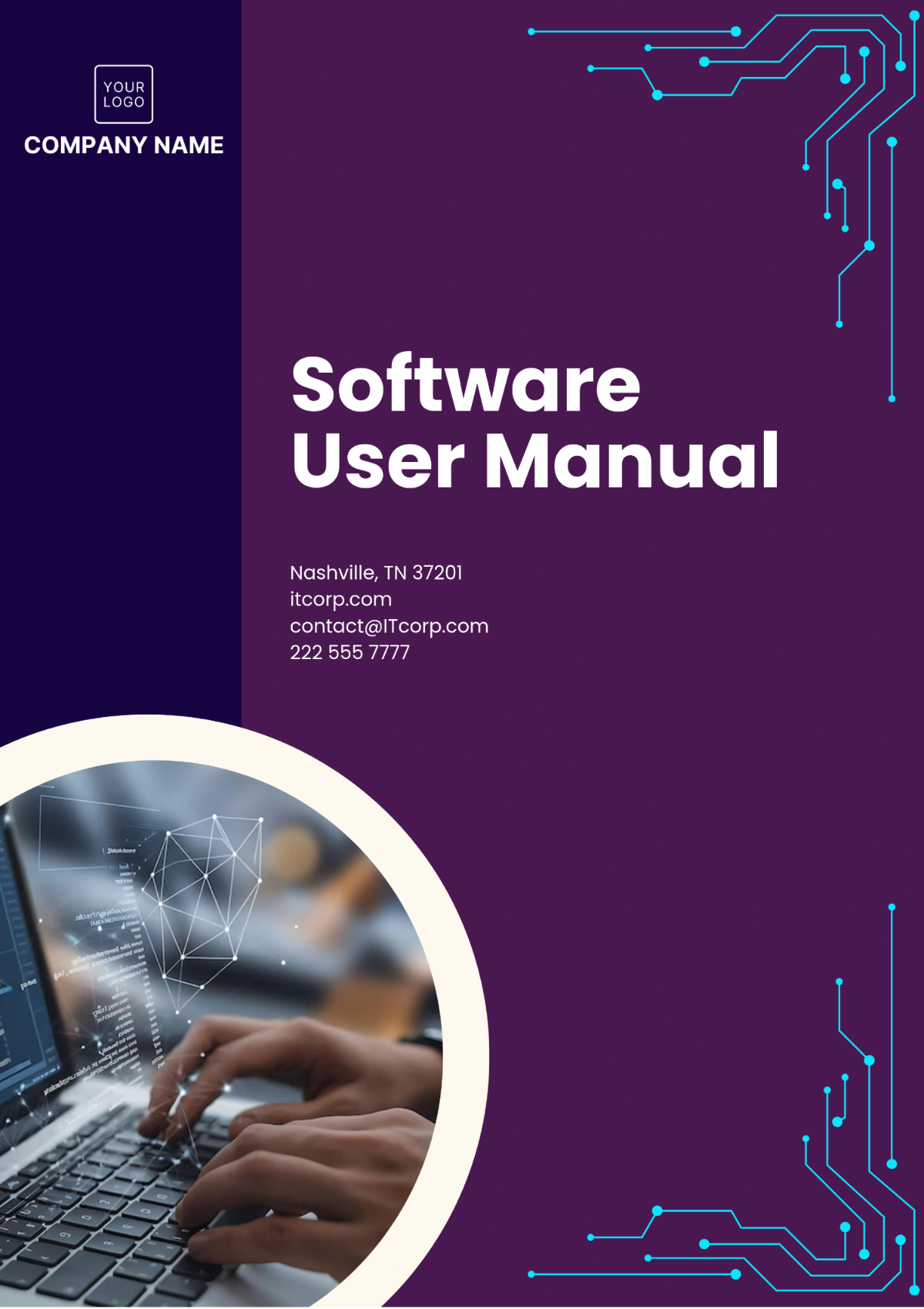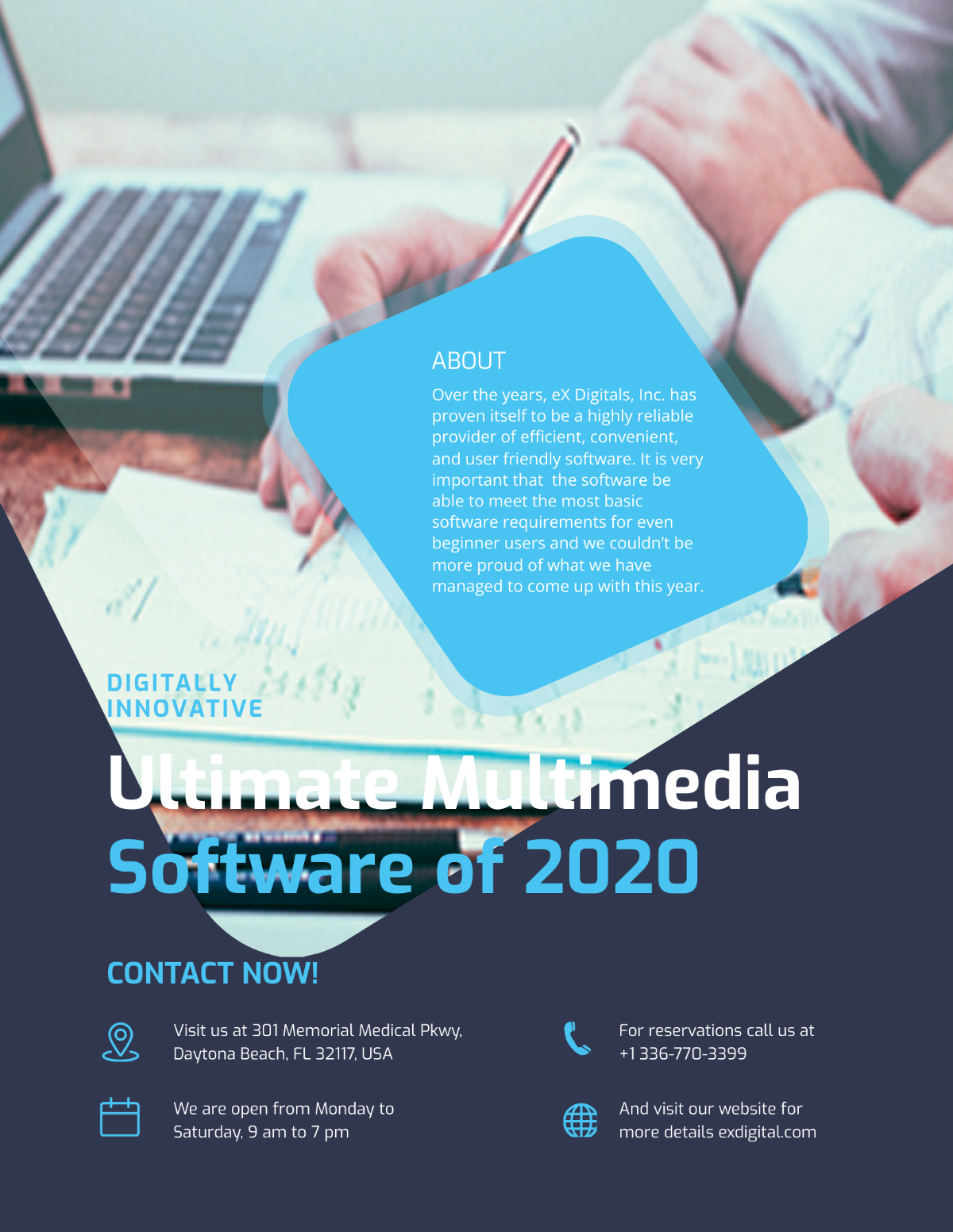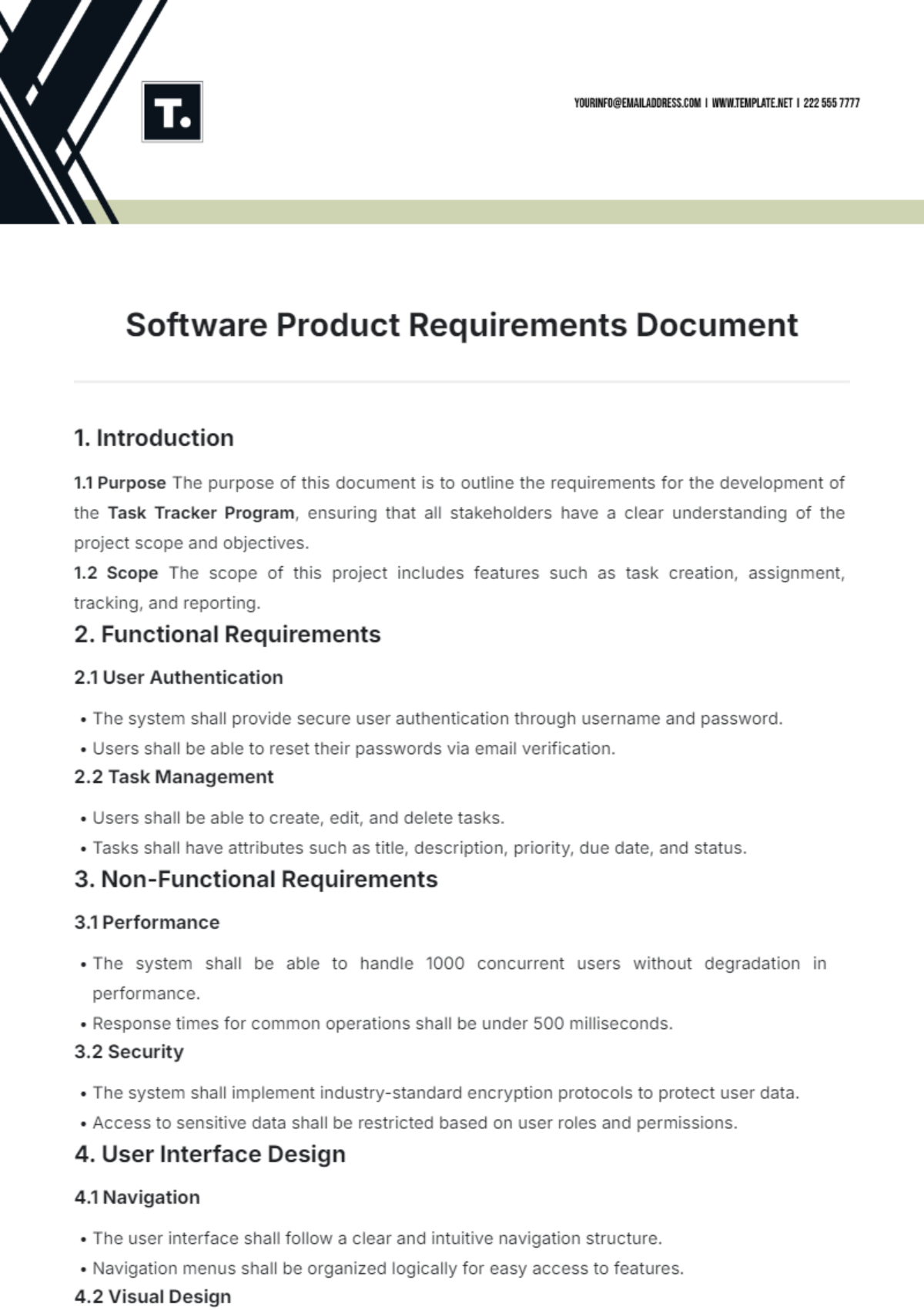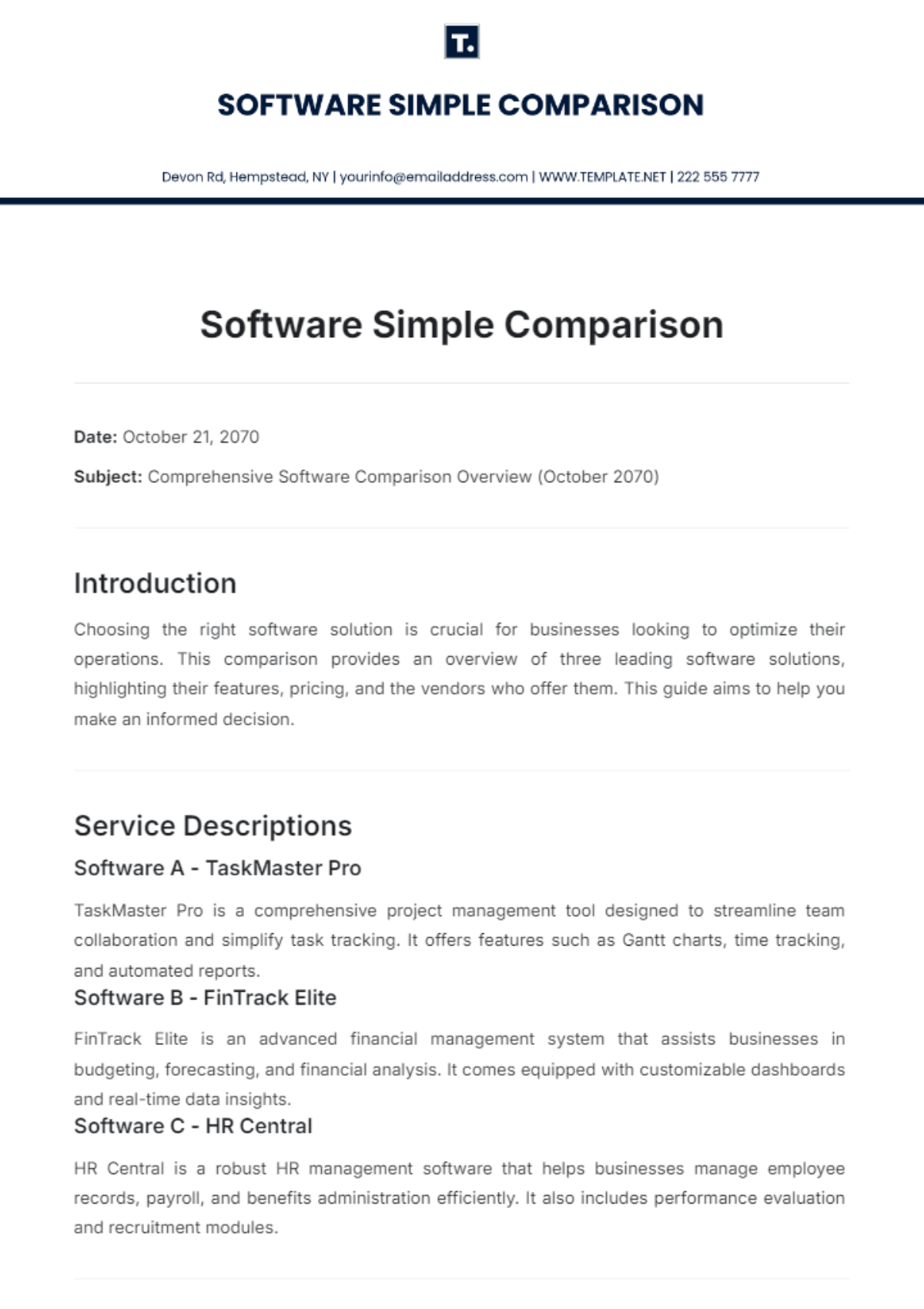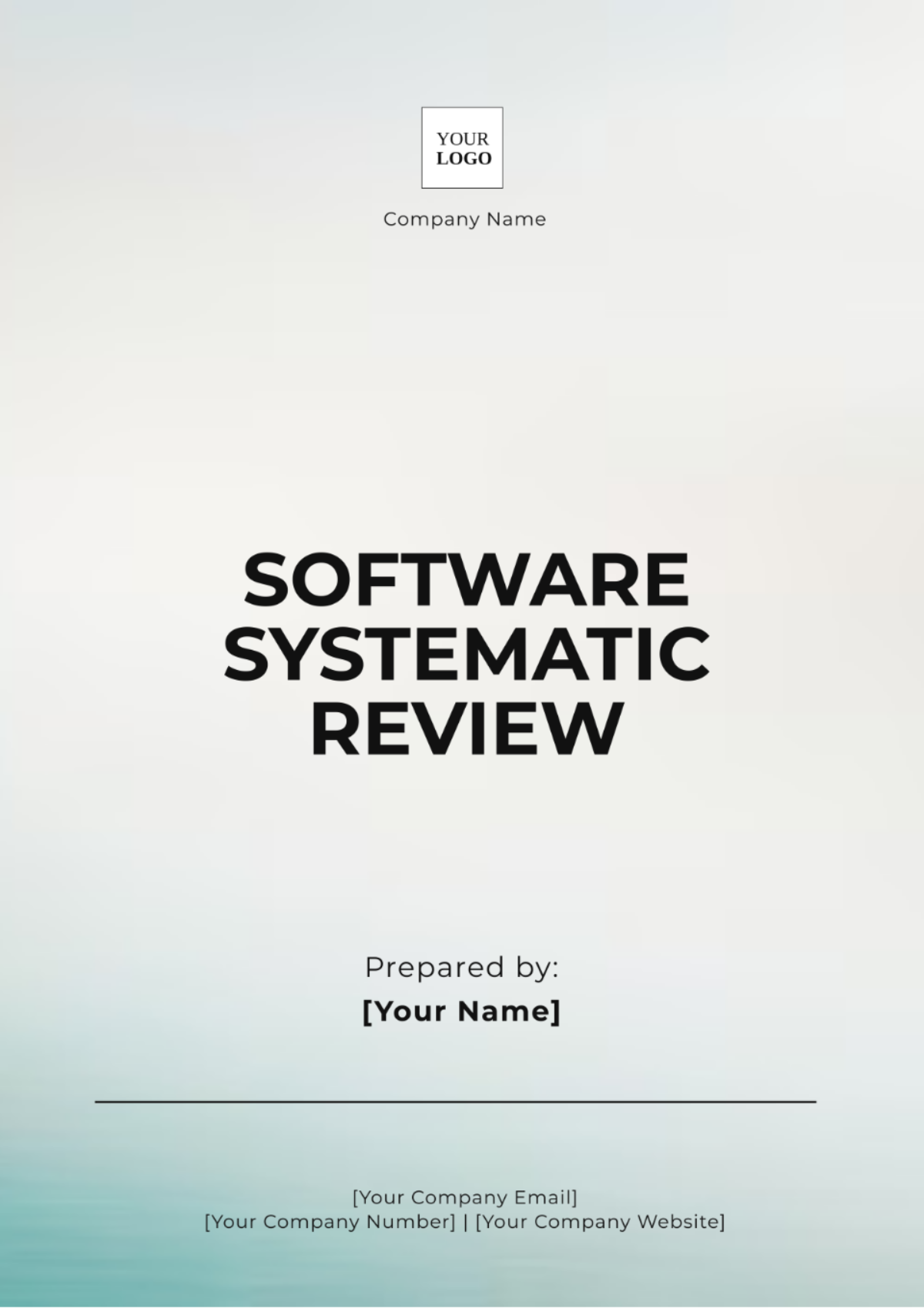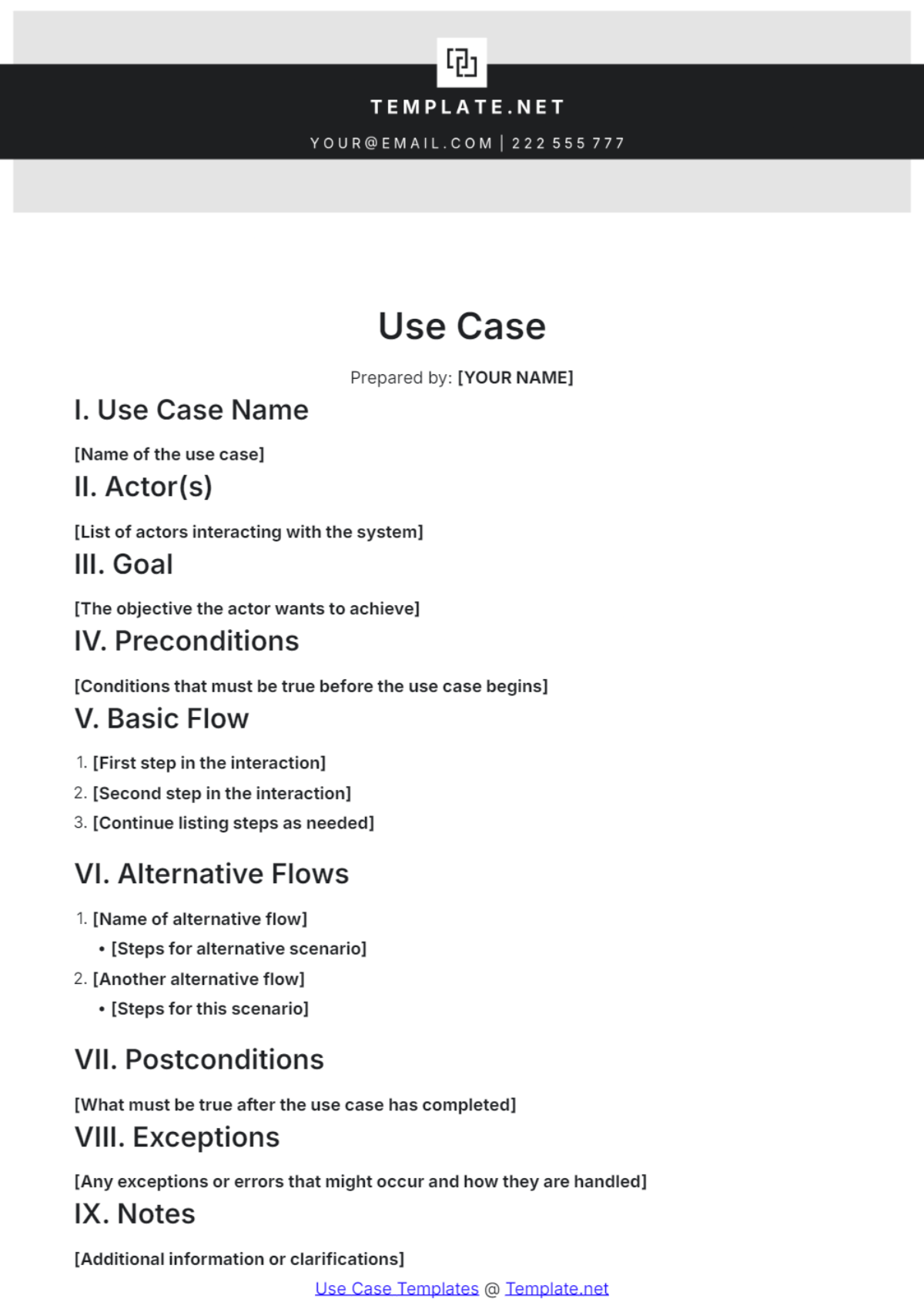Software PRD Layout
Stakeholders
List all key stakeholders involved in the project. Provide their roles and responsibilities.
Name | Role | |
|---|---|---|
John Casper | Product Manager | john@you.mail |
Reyes Bayer | Lead Developer | reyes@you.mail |
Alanis Durgan | UX/UI Designer | alanis@you.mail |
I. Functional Requirements
Feature 1: User Authentication
Description: The system must support secure user authentication mechanisms including username and password, multi-factor authentication, and single sign-on (SSO).
Acceptance Criteria:
Users can log in using valid credentials.
Multi-factor authentication is required for access to sensitive areas.
SSO integration with major identity providers.
Feature 2: Data Management
Description: The system should allow users to manage their data effectively. This includes CRUD (Create, Read, Update, Delete) operations on various data entities.
Acceptance Criteria:
Users can create, view, update, and delete records.
Data changes are reflected in real-time.
Proper error handling and user feedback mechanisms.
Feature 3: Reporting and Analytics
Description: The system must provide robust reporting and analytics capabilities. Users should be able to generate reports, visualize data, and export results.
Acceptance Criteria:
Users can generate customizable reports.
Visualizations include charts, graphs, and tables.
Reports can be exported in various formats (e.g., PDF, Excel).
II. Non-Functional Requirements
Performance
Response Time: The system should respond to user requests within 2 seconds.
Throughput: The system must handle up to 1,000 concurrent users.
Security
Data Encryption: All data transmitted between the client and server must be encrypted using TLS.
Compliance: The system must comply with relevant regulations such as GDPR or CCPA.
Usability
User Interface: The UI should be intuitive and user-friendly, adhering to best practices in UX design.
Accessibility: The system must meet WCAG 2.1 AA accessibility standards.
III. Technical Requirements
Platform
Operating Systems: The software must be compatible with Windows, macOS, and major Linux distributions.
Browsers: Support for the latest versions of Chrome, Firefox, Safari, and Edge.
Technology Stack
Frontend: React, Redux
Backend: Node.js, Express
Database: PostgreSQL
IV. Project Milestones
Milestone | Description | Completion Date |
|---|---|---|
Requirements Finalization | Complete the PRD and get stakeholder approval. | March 15, 2050 |
Design Phase | Finalize UI/UX designs and prototypes. | April 30, 2050 |
Development | Code the application based on requirements. | July 31, 2050 |
Testing | Conduct thorough testing and QA. | September 15, 2050 |
Launch | Deploy the application to production. | November 1, 2050 |
V. Appendix
Glossary
CRUD: Stands for Create, Read, Update, Delete. Refers to the basic operations for managing data in a database.
Multi-Factor Authentication (MFA): A security process that requires users to provide two or more verification factors to gain access to a system.
TLS: Transport Layer Security. A cryptographic protocol designed to provide secure communication over a network.
References
Web Content Accessibility Guidelines (WCAG) 2.1: https://www.w3.org/TR/WCAG21/
General Data Protection Regulation (GDPR): https://gdpr.eu/
React Documentation: https://reactjs.org/docs/getting-started.html
Contact Information
For further inquiries, please reach out to:
Name: [Your Name]
Email: [Your Email]
Company: [Your Company Name]
Address: [Your Company Address]
Email: [Your Company Email]
This layout ensures a comprehensive approach to capturing all essential aspects of a software product's requirements, tailored to various needs and stakeholders.
